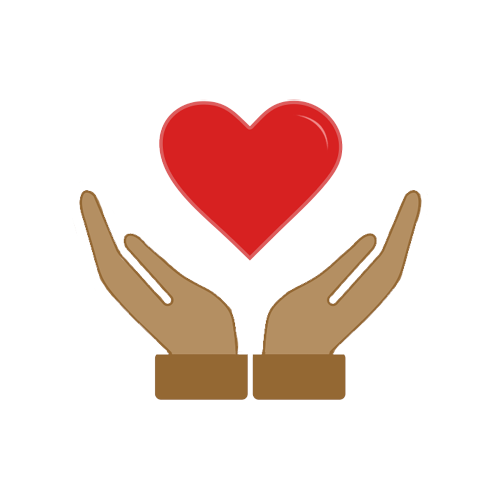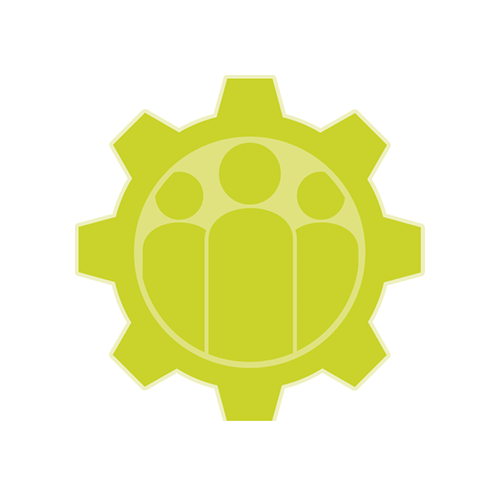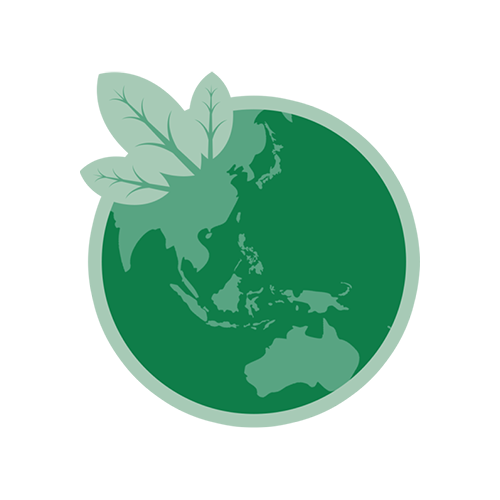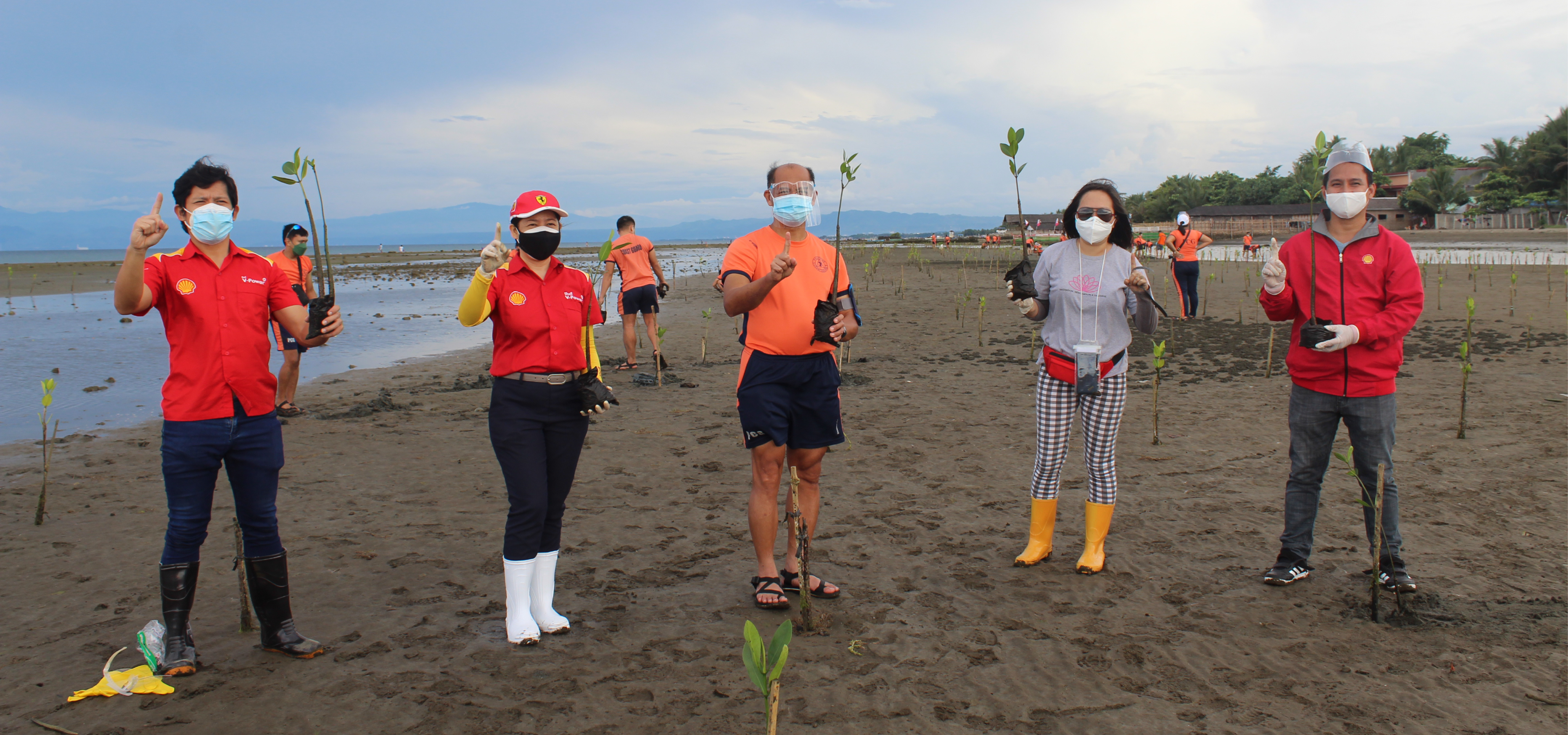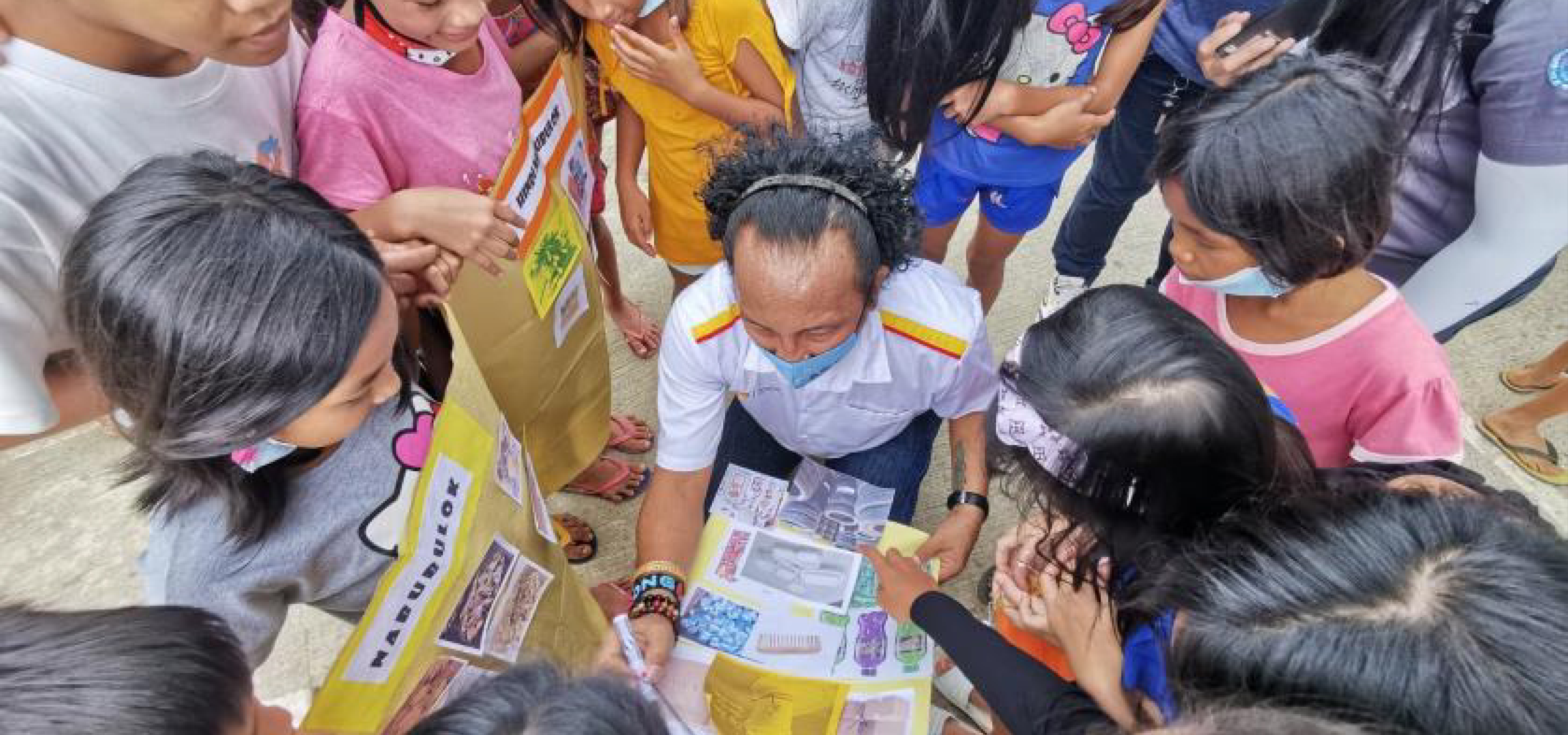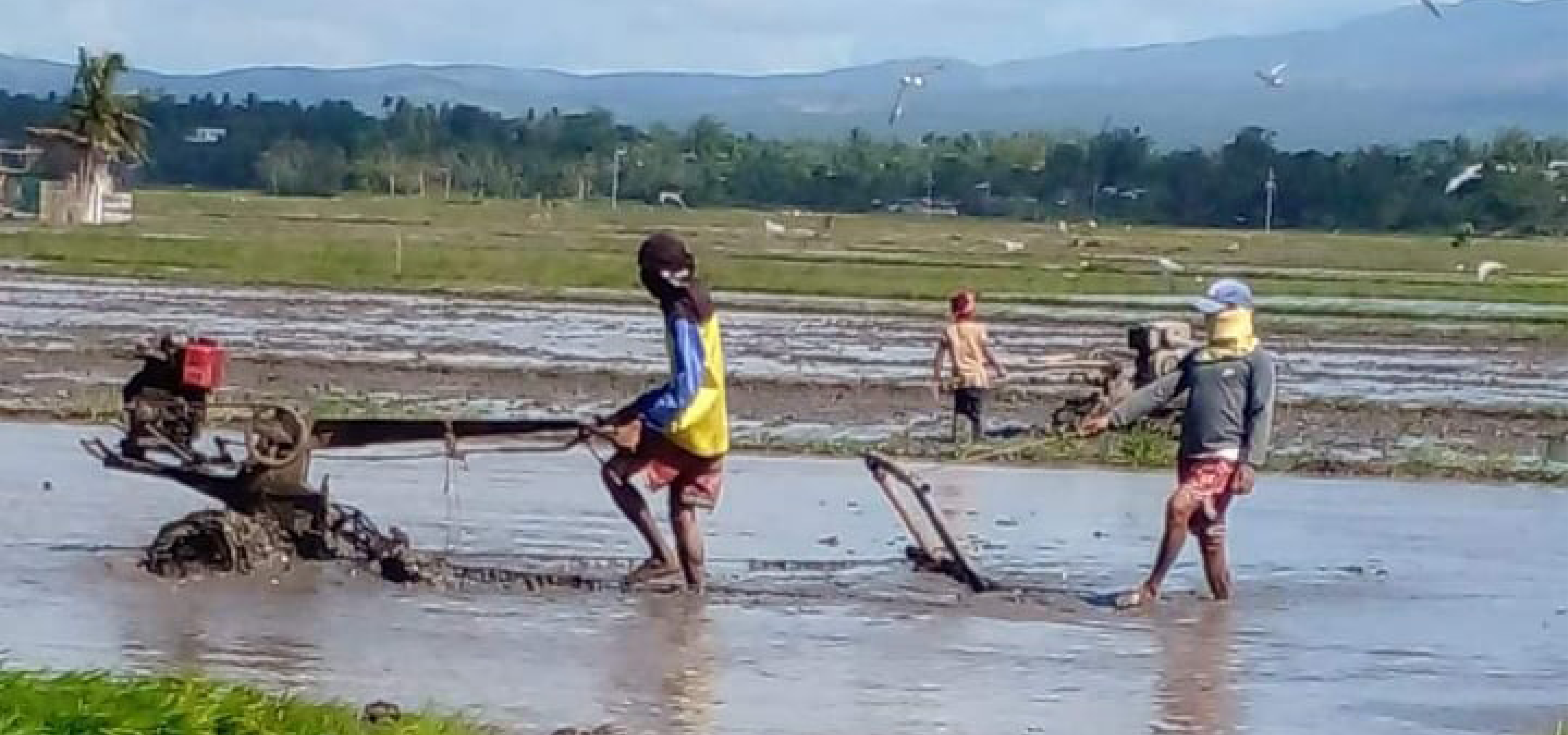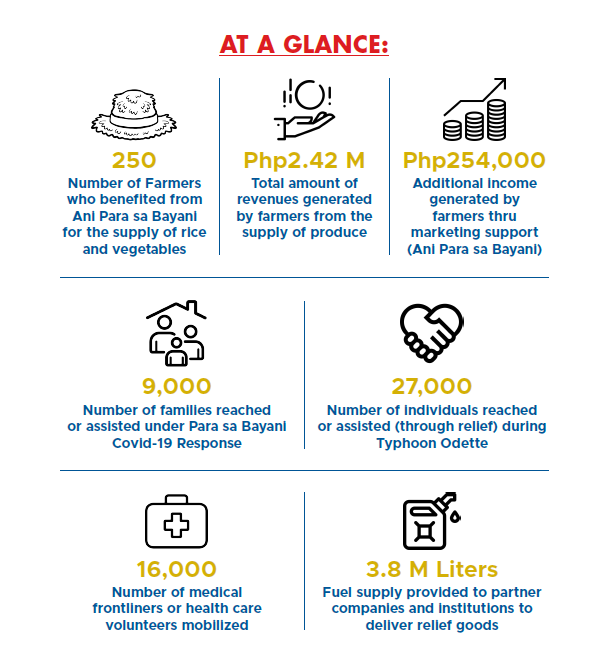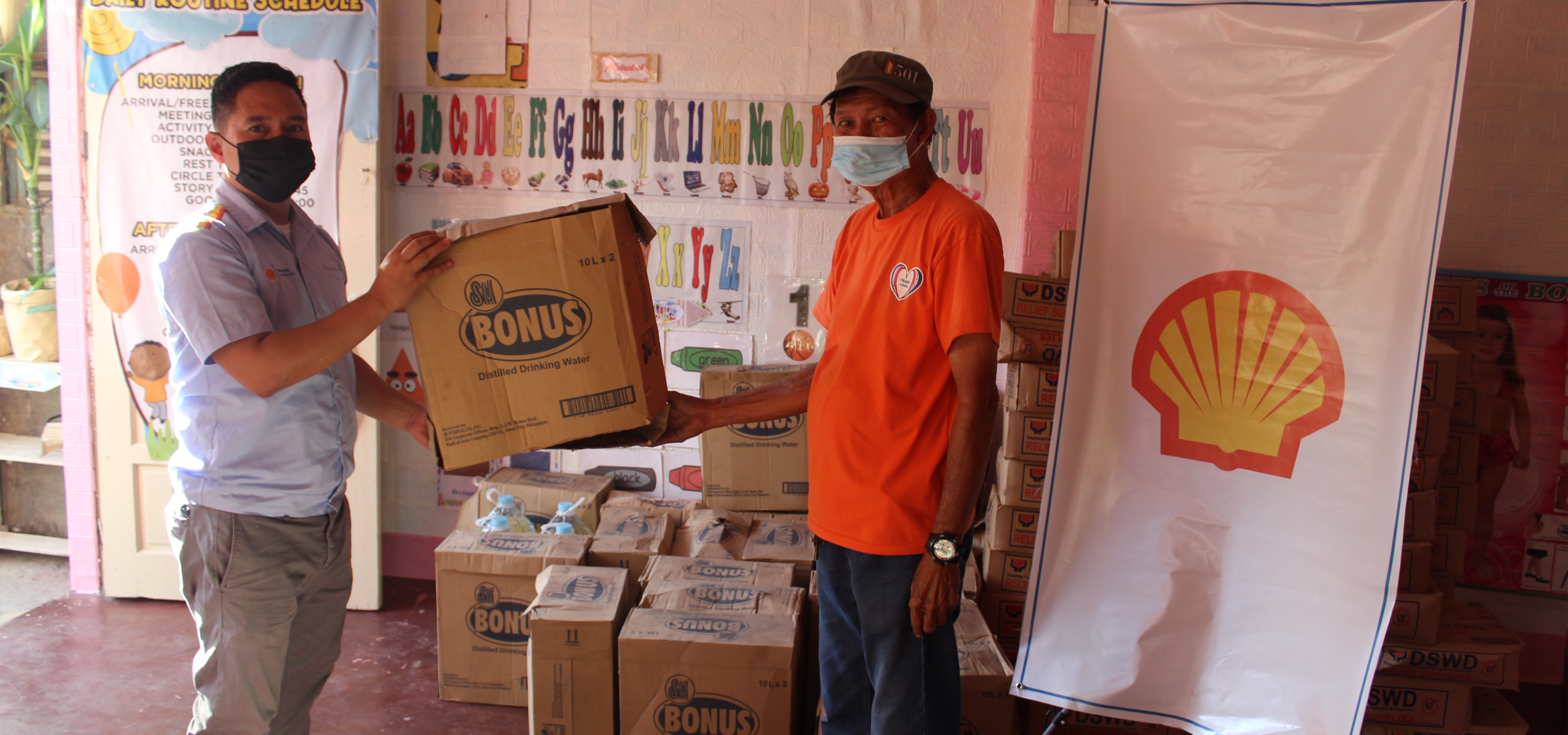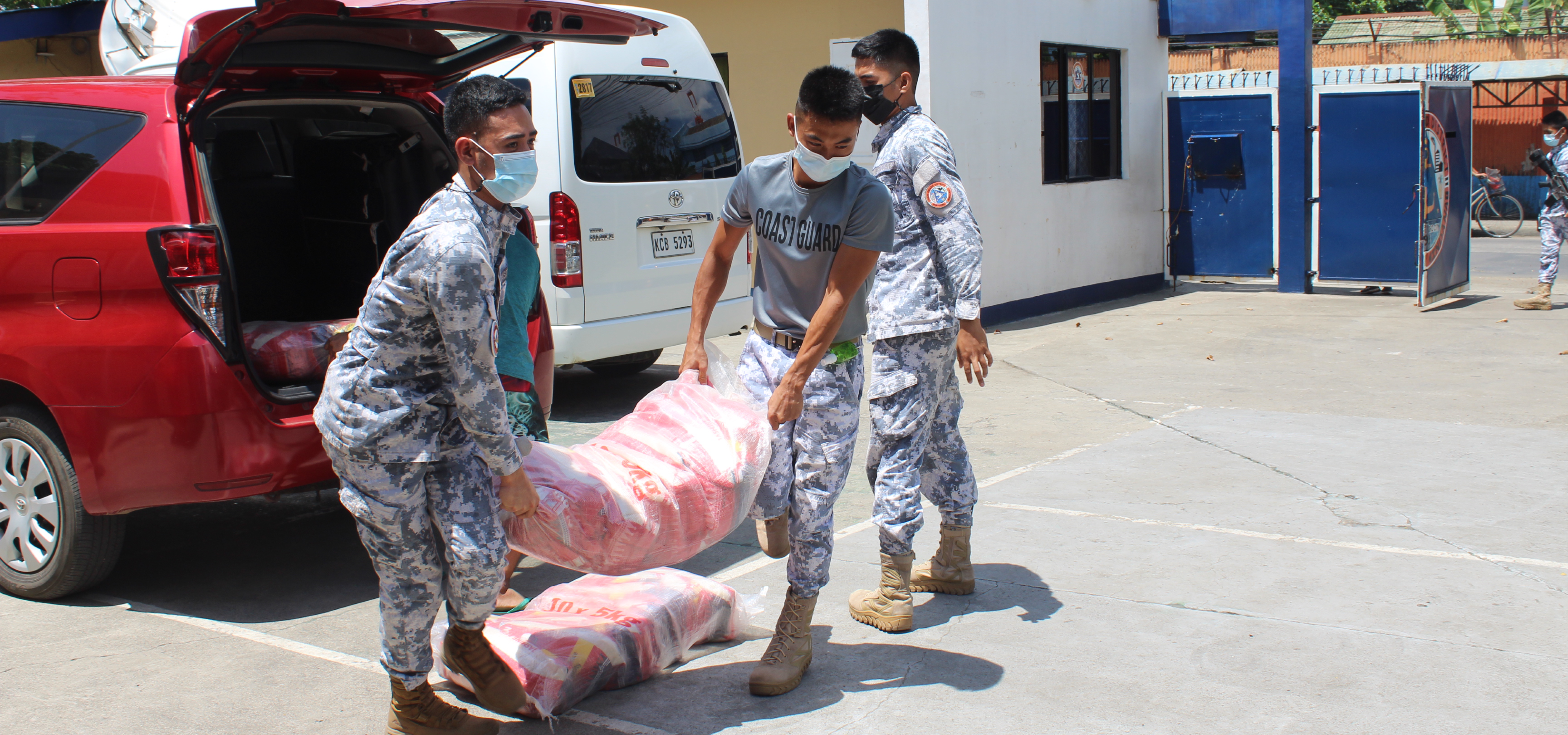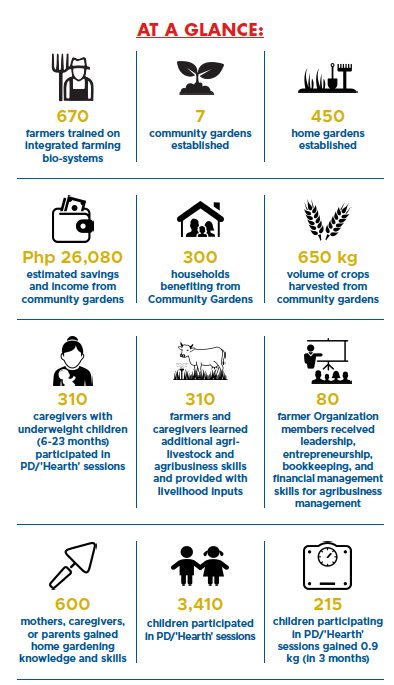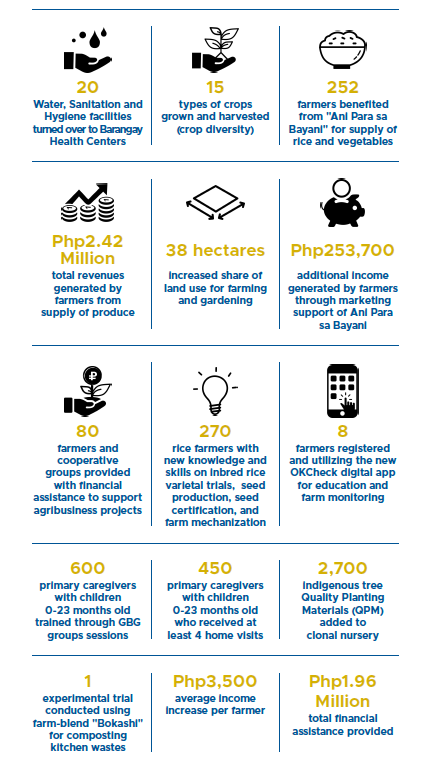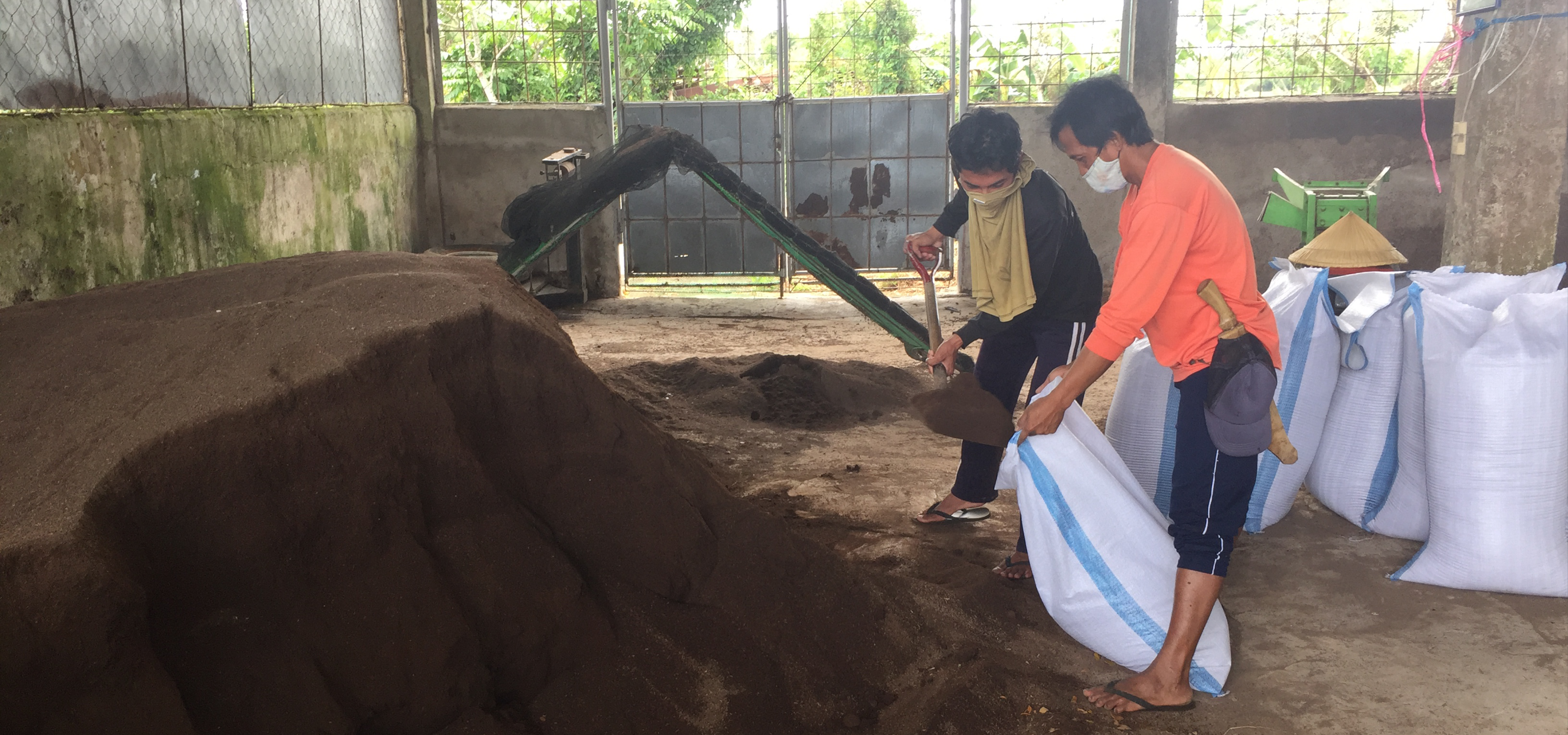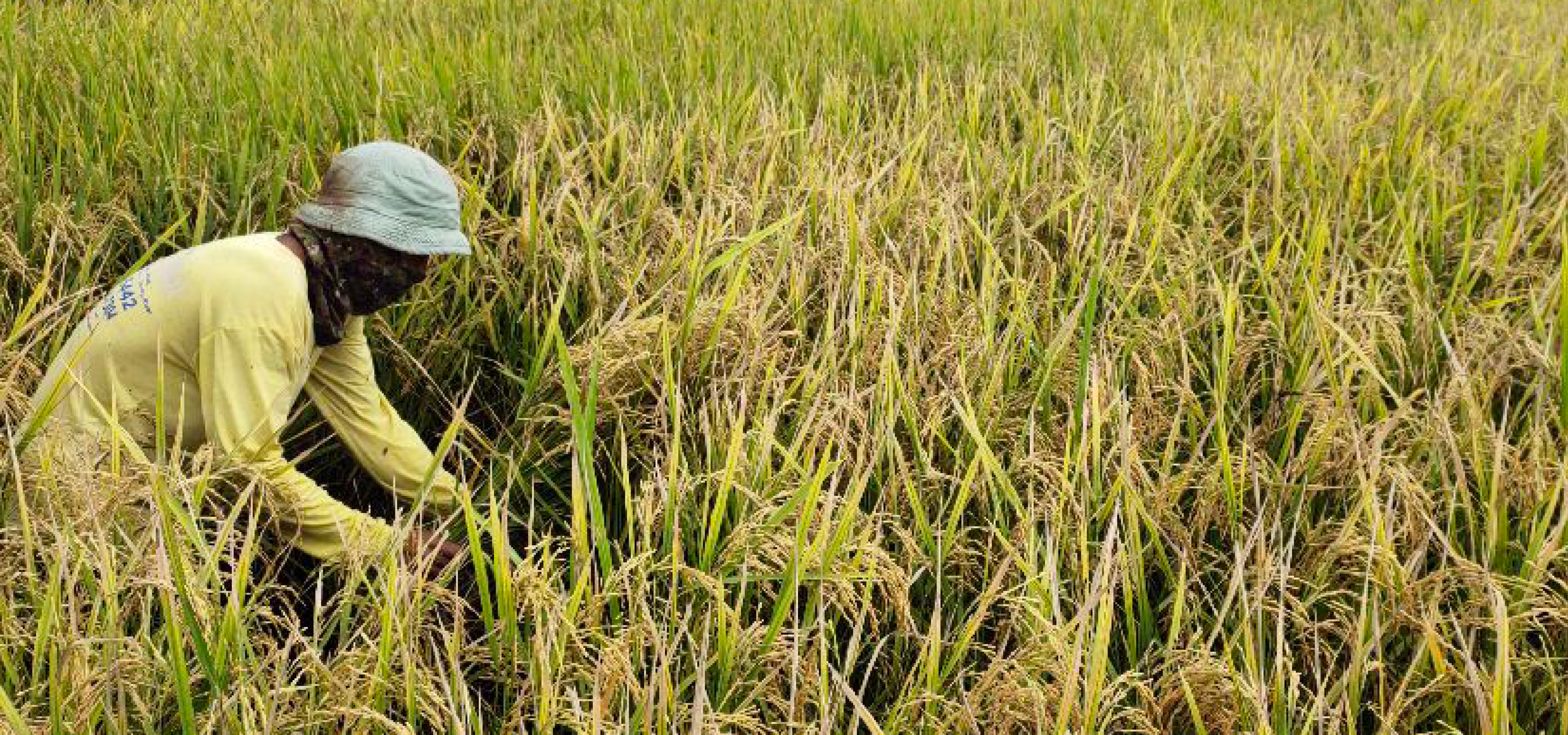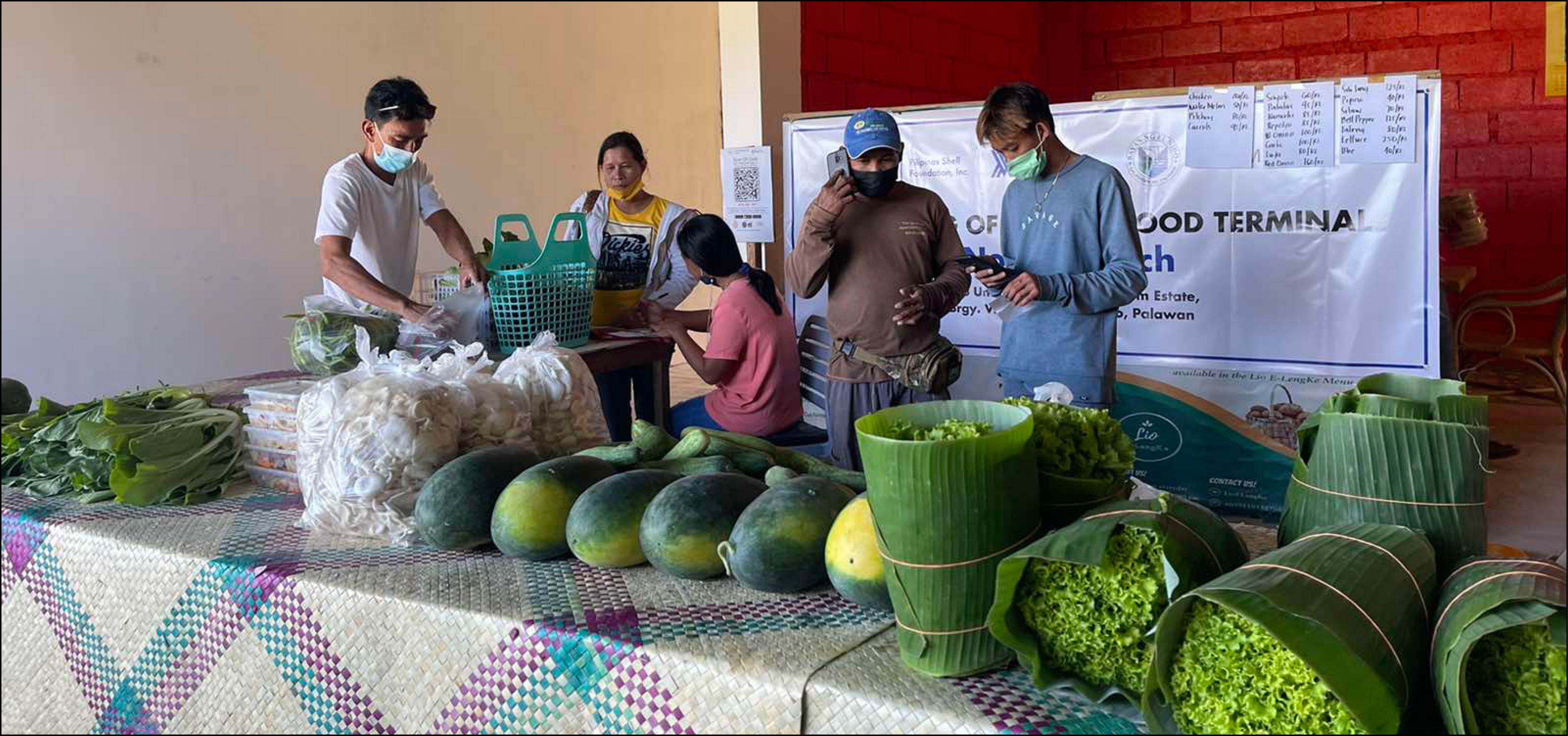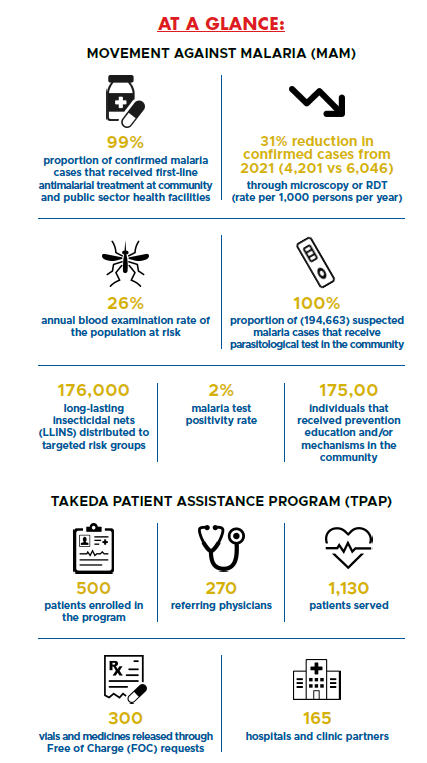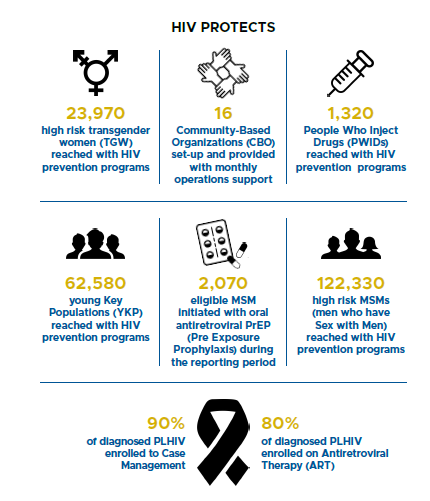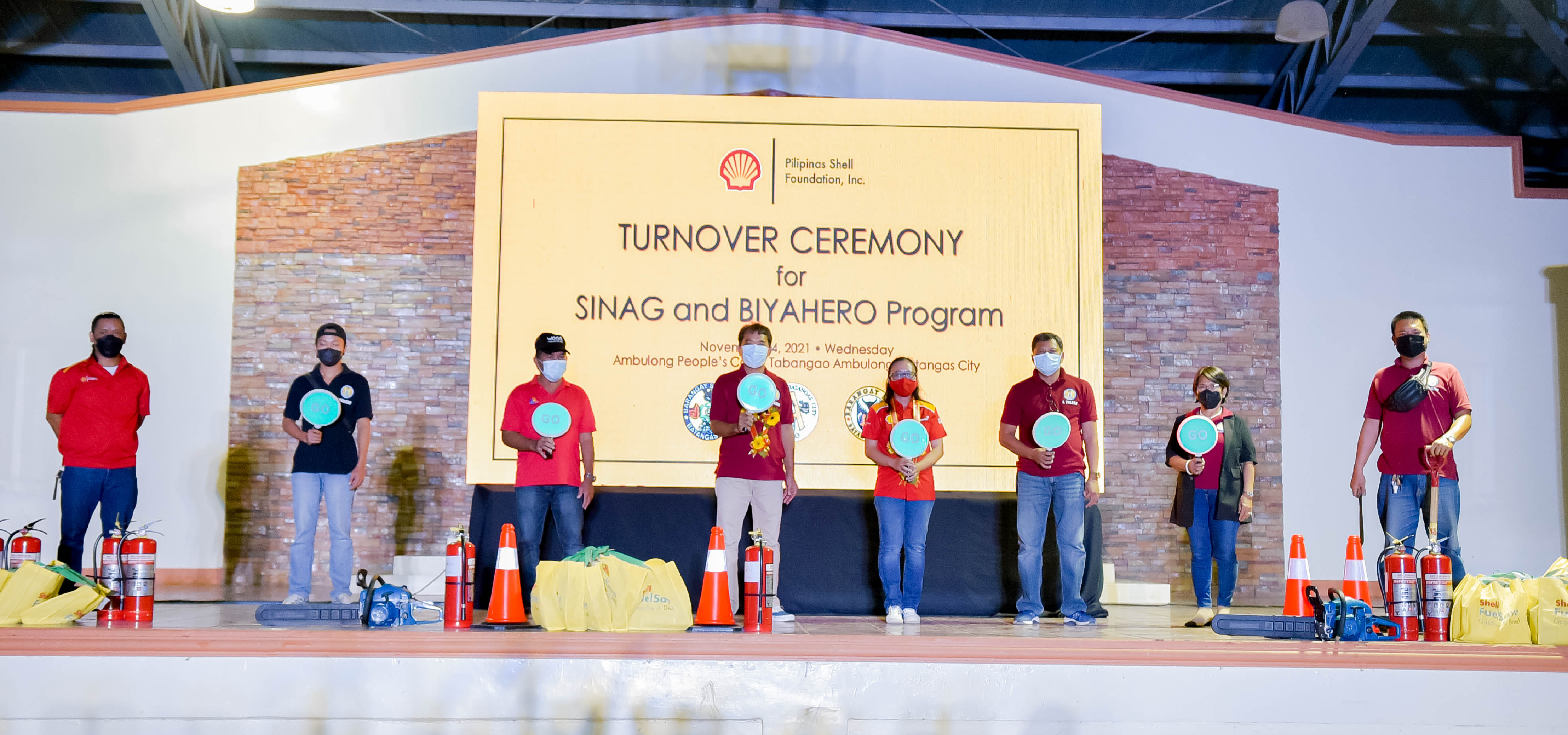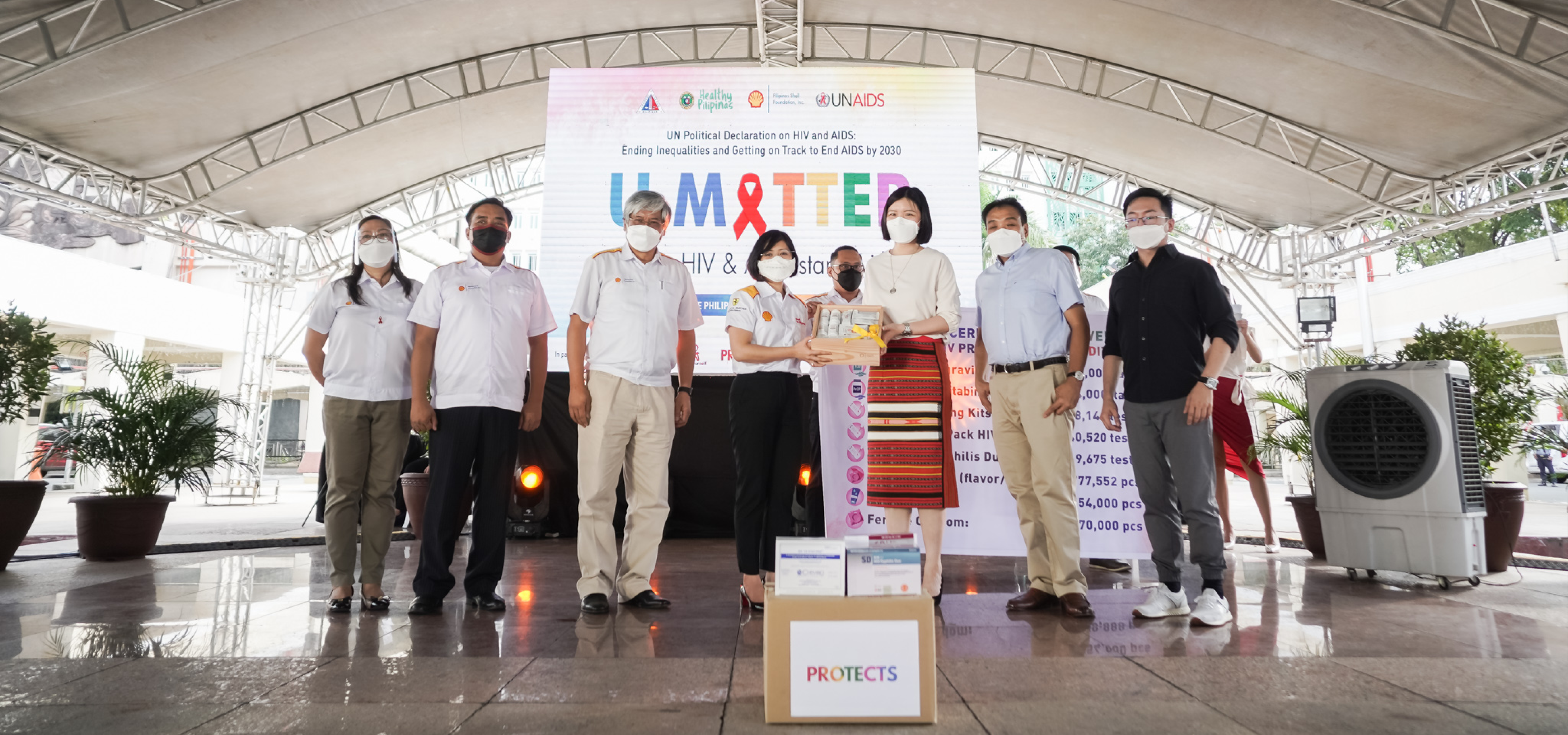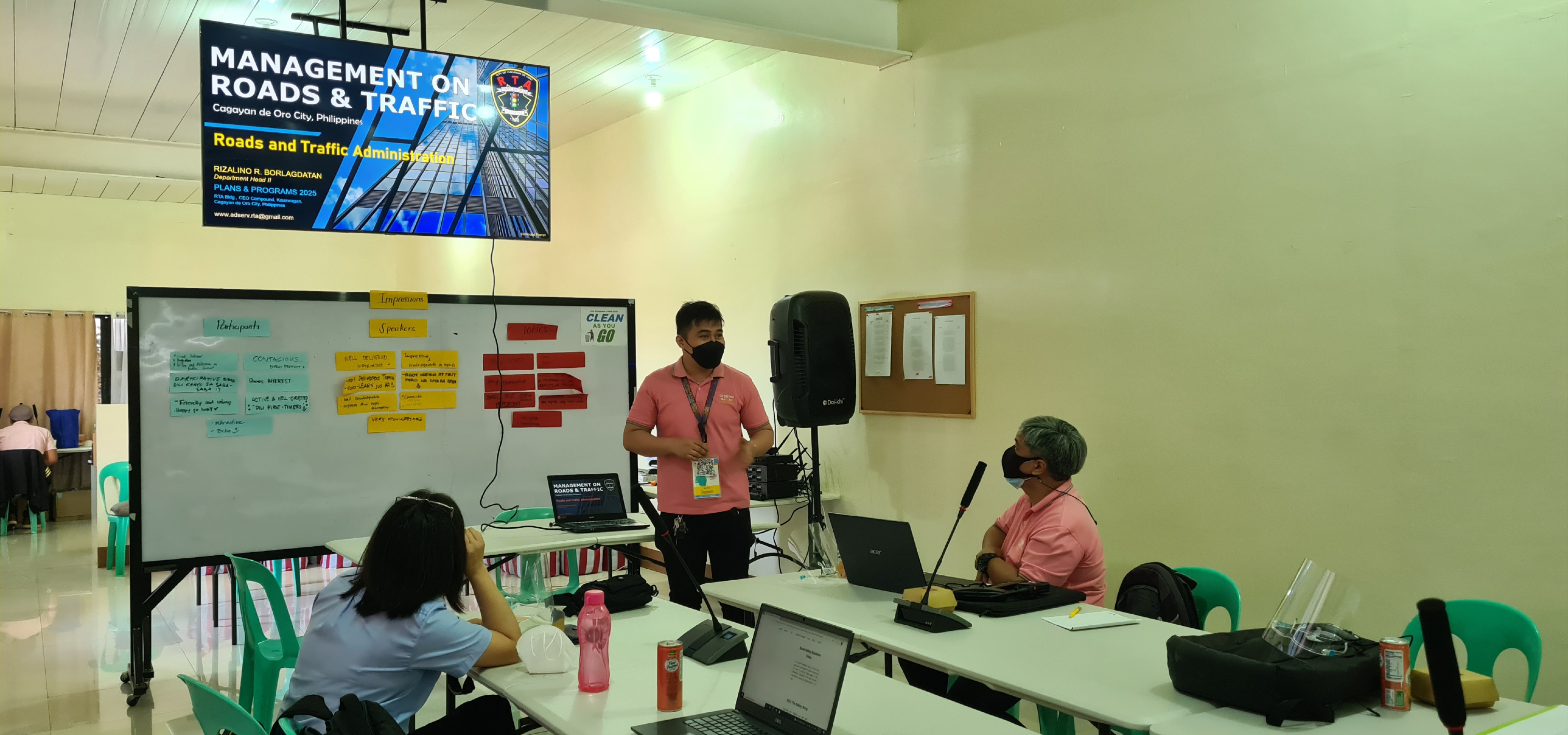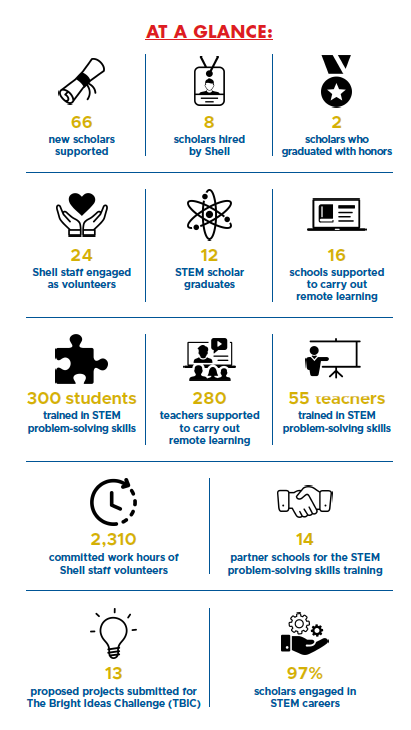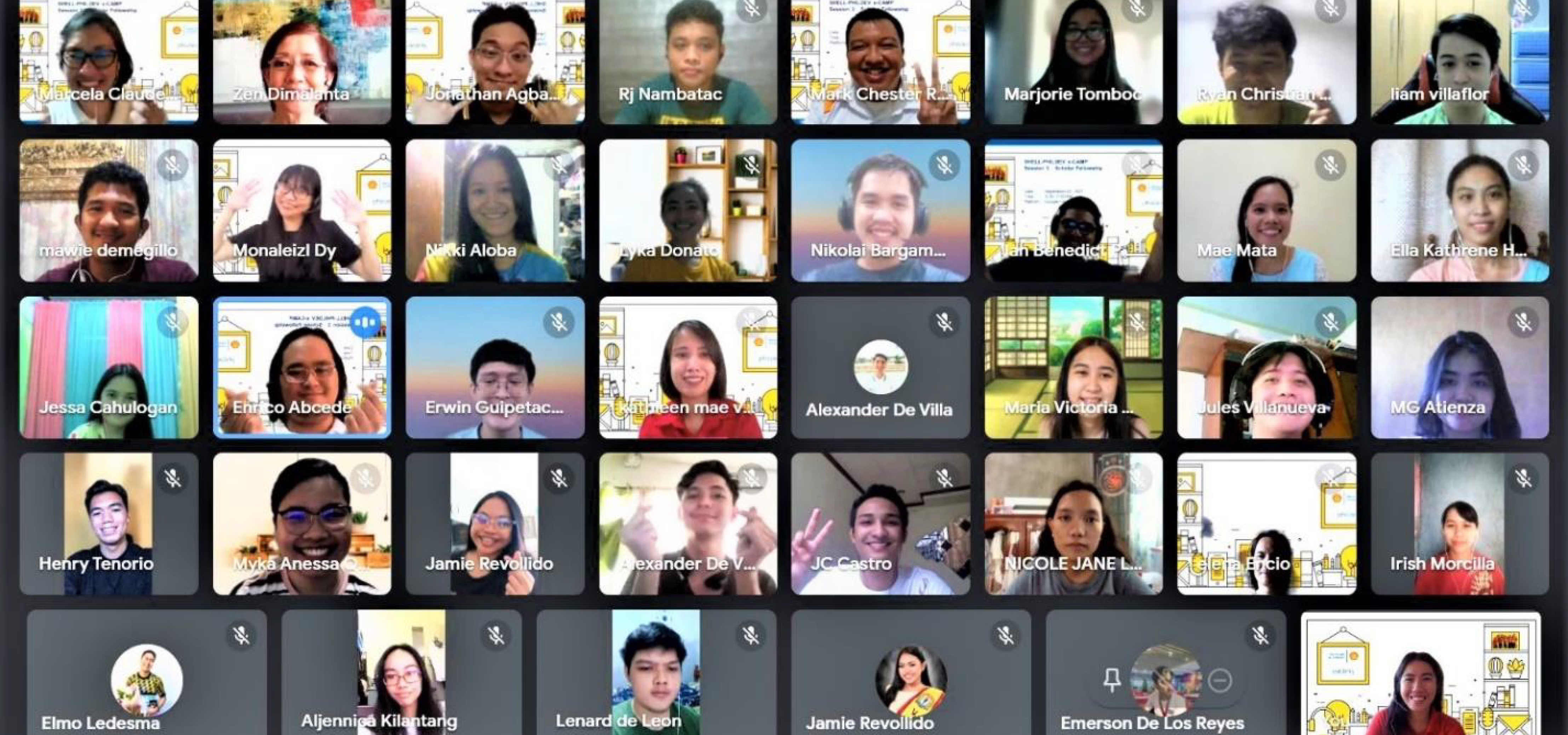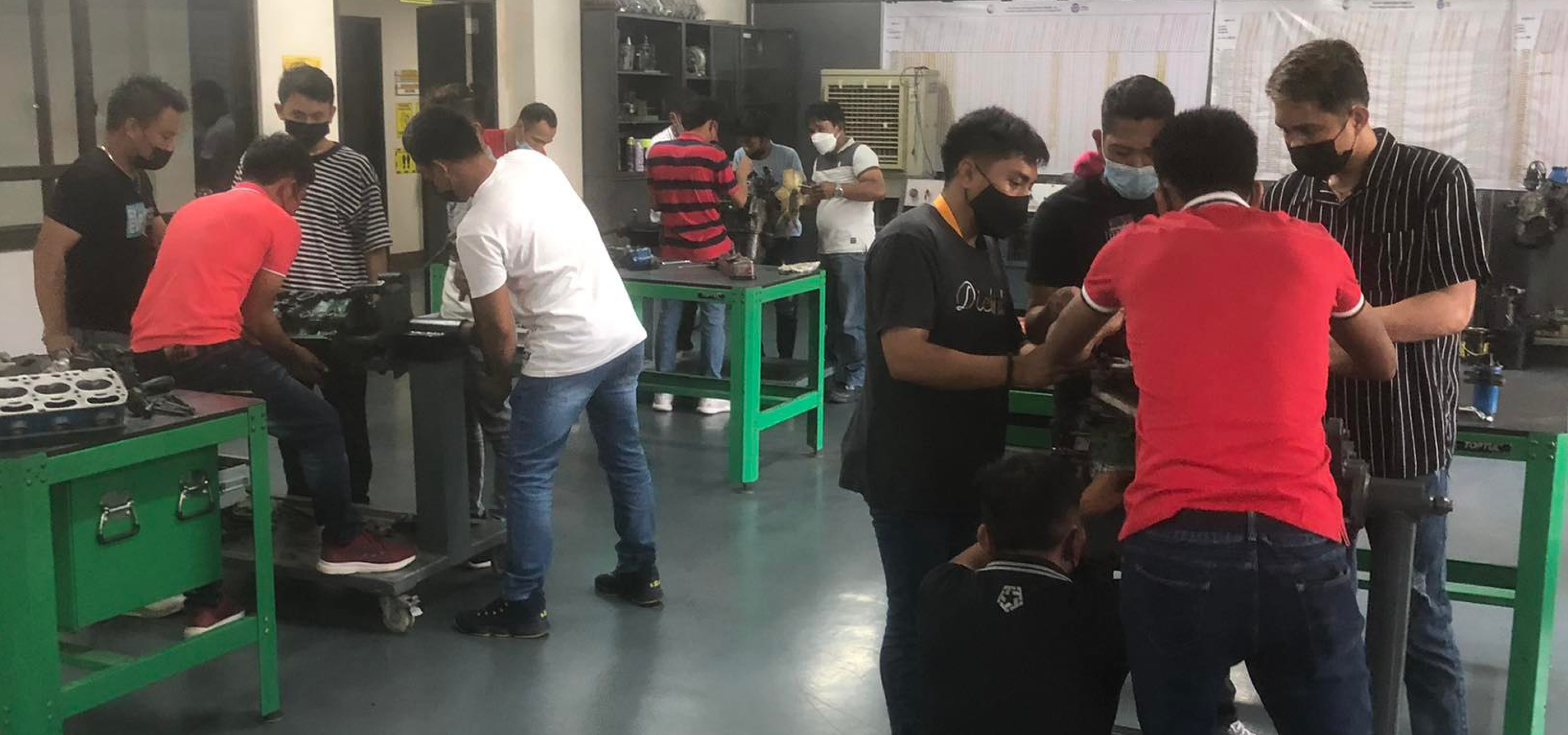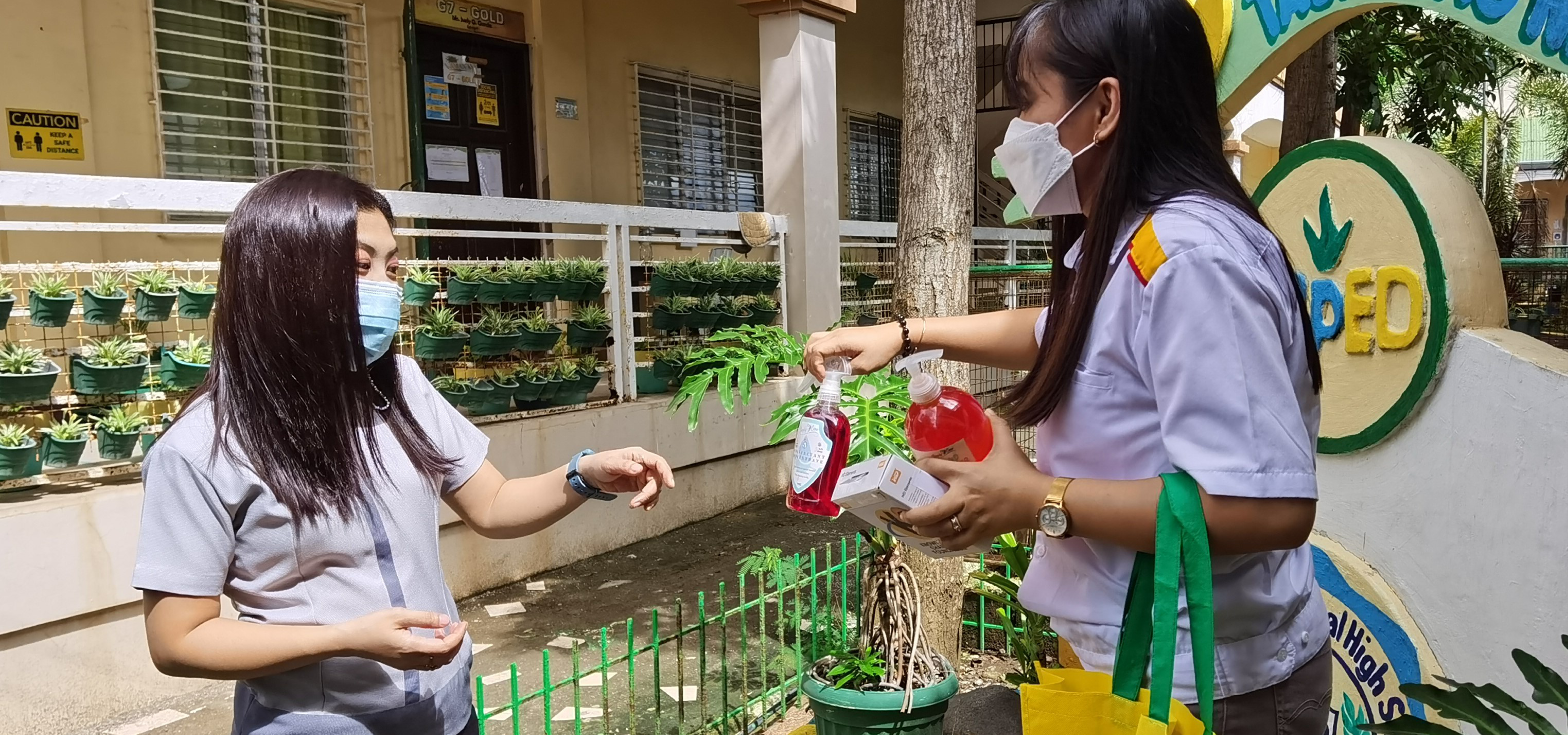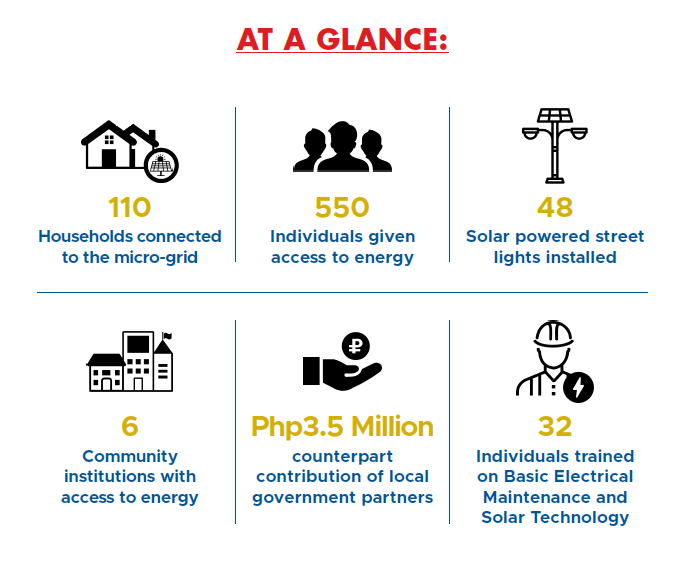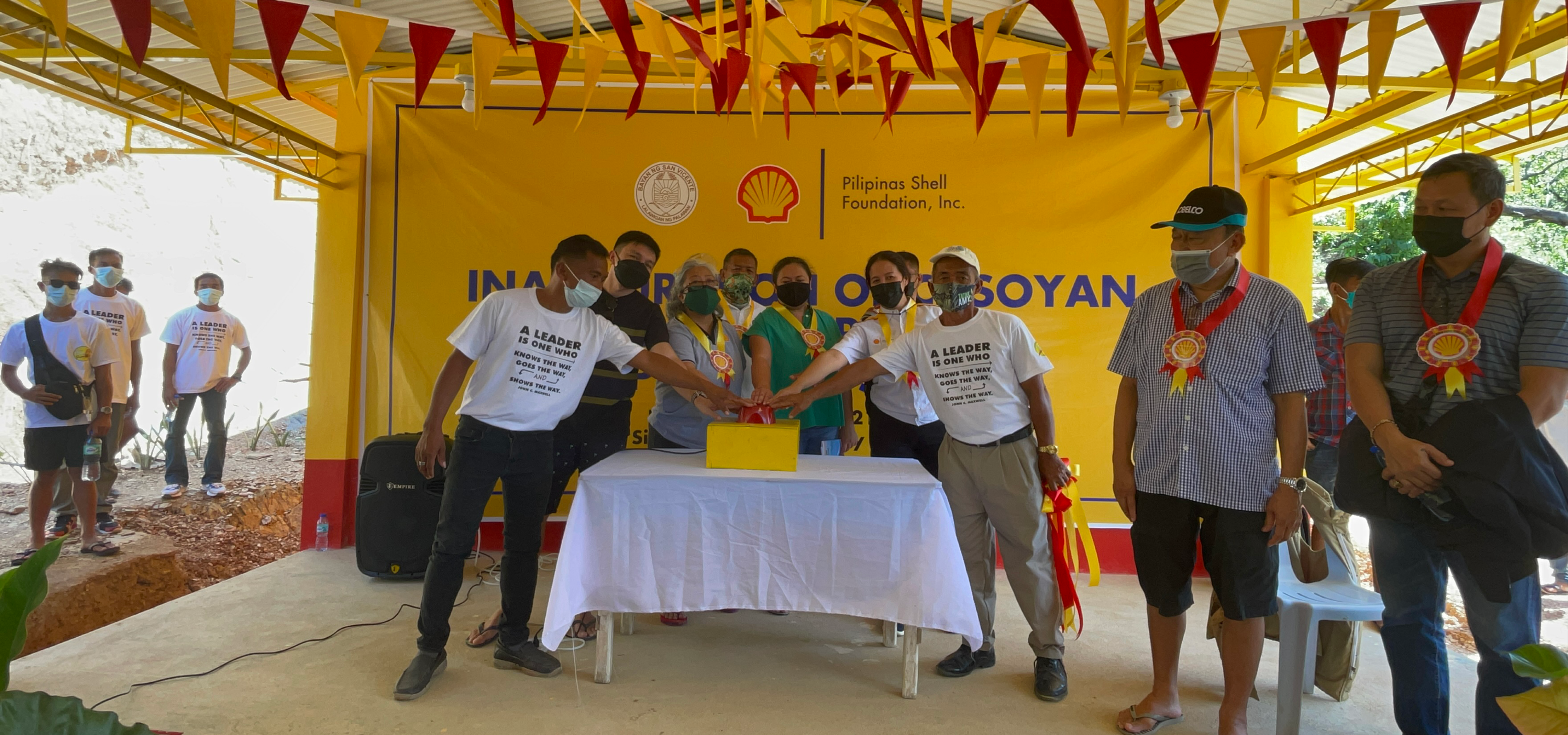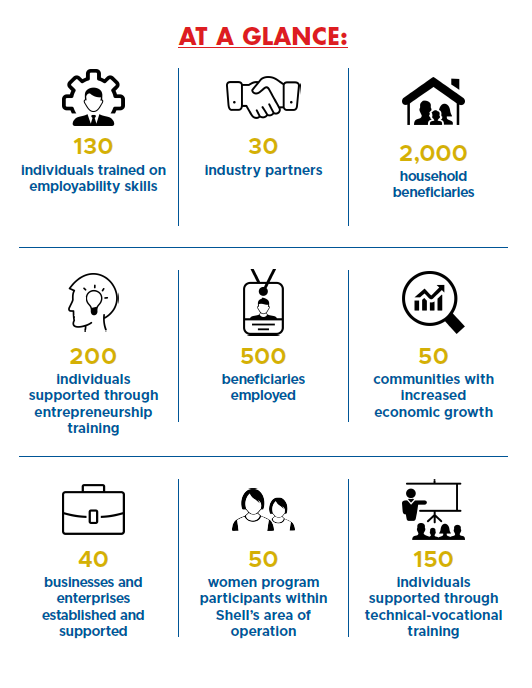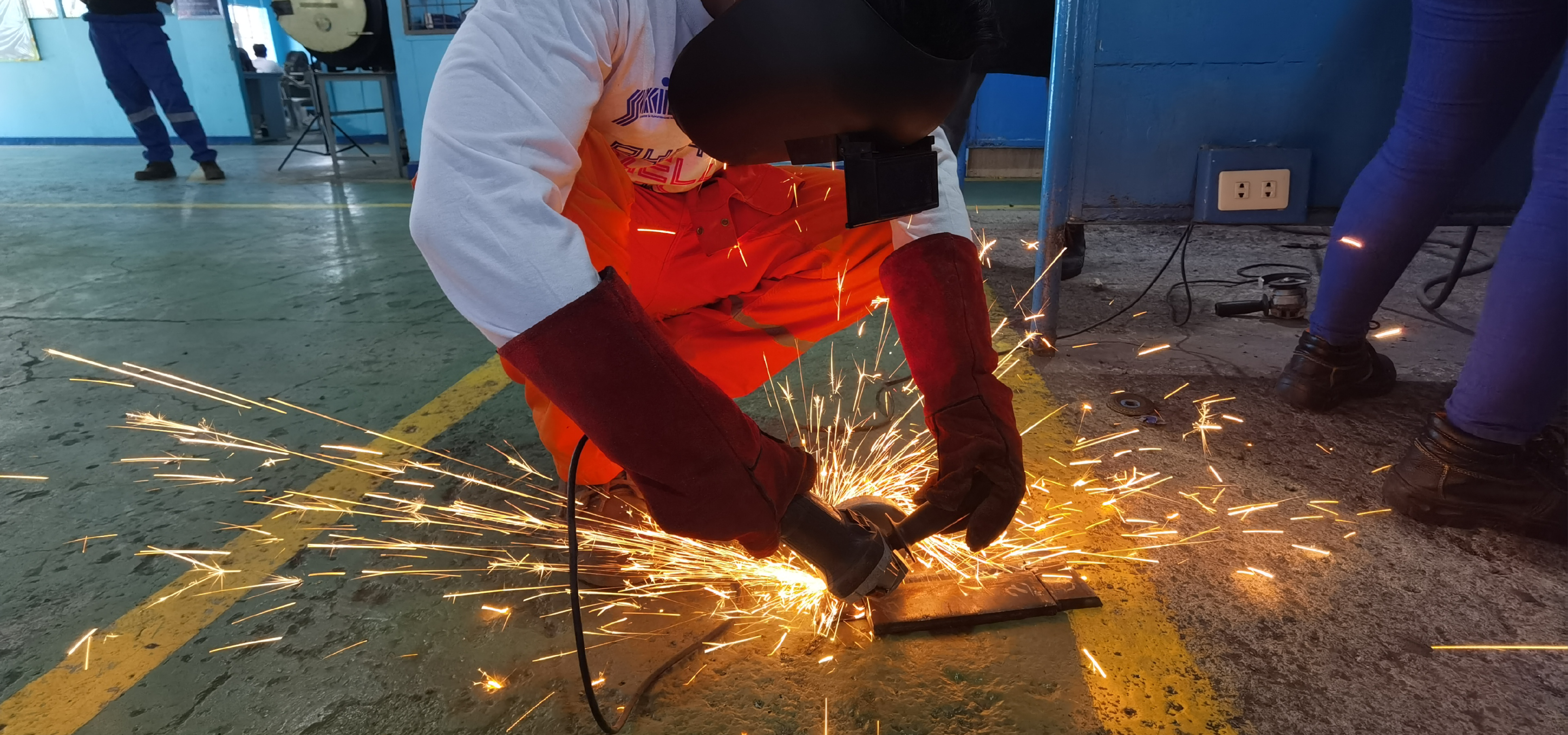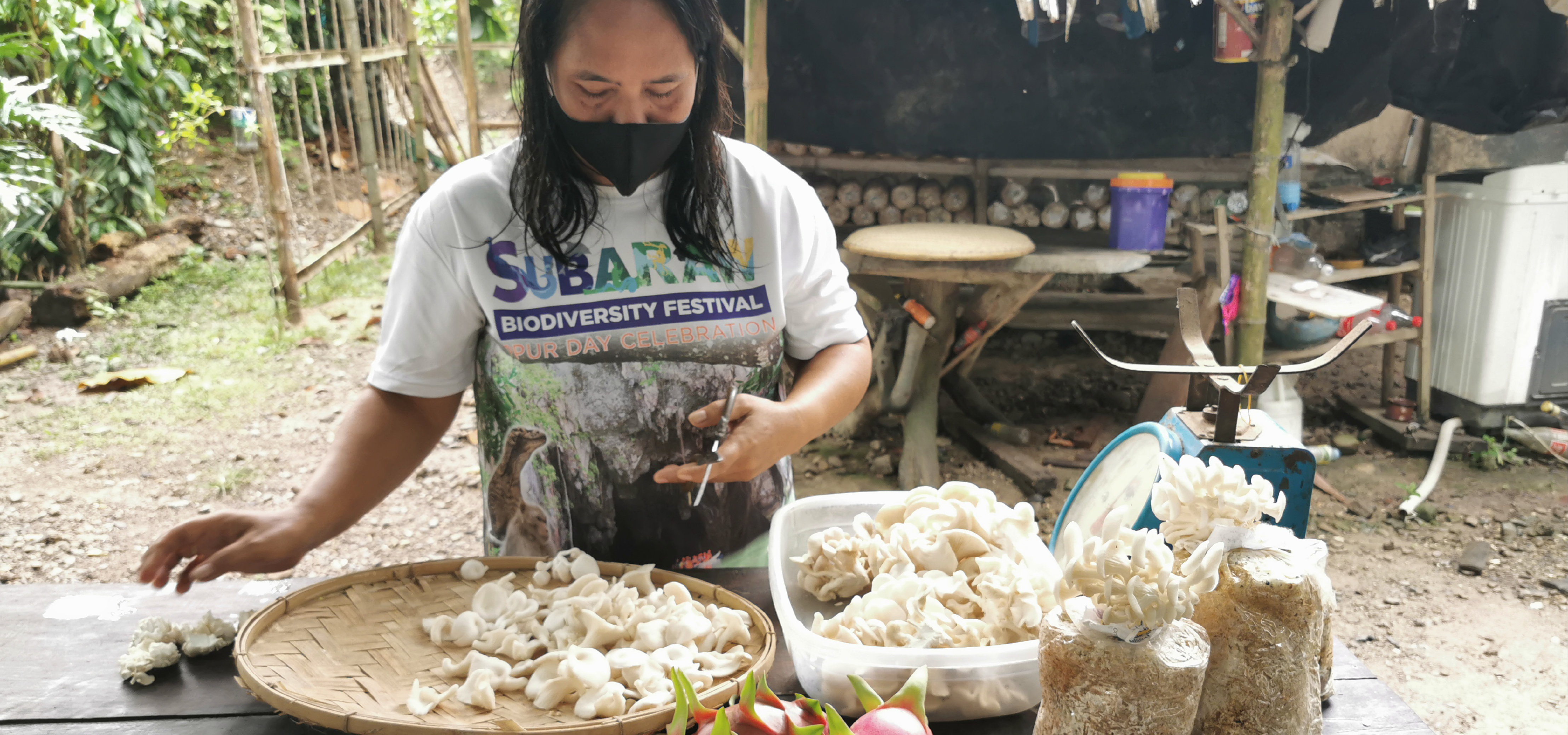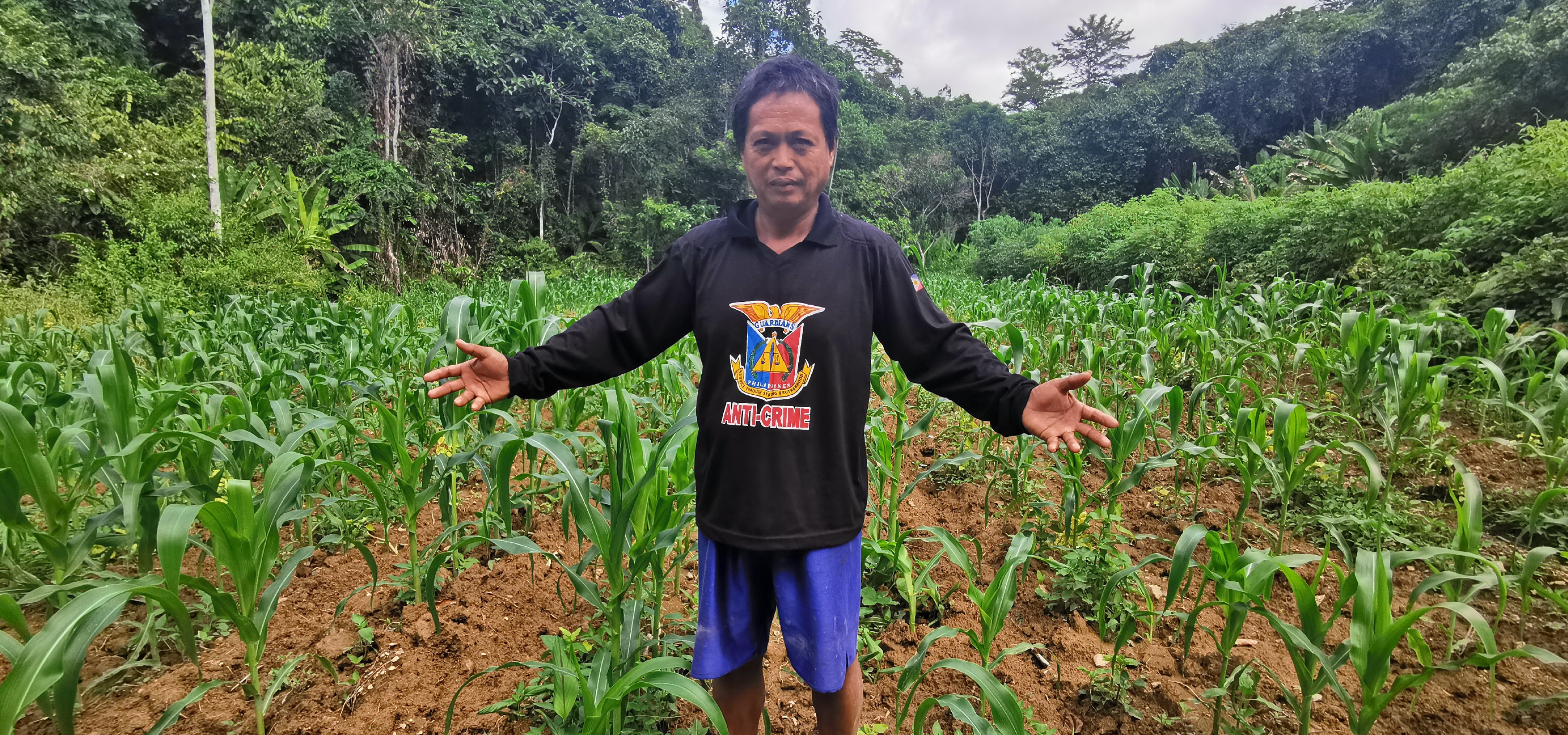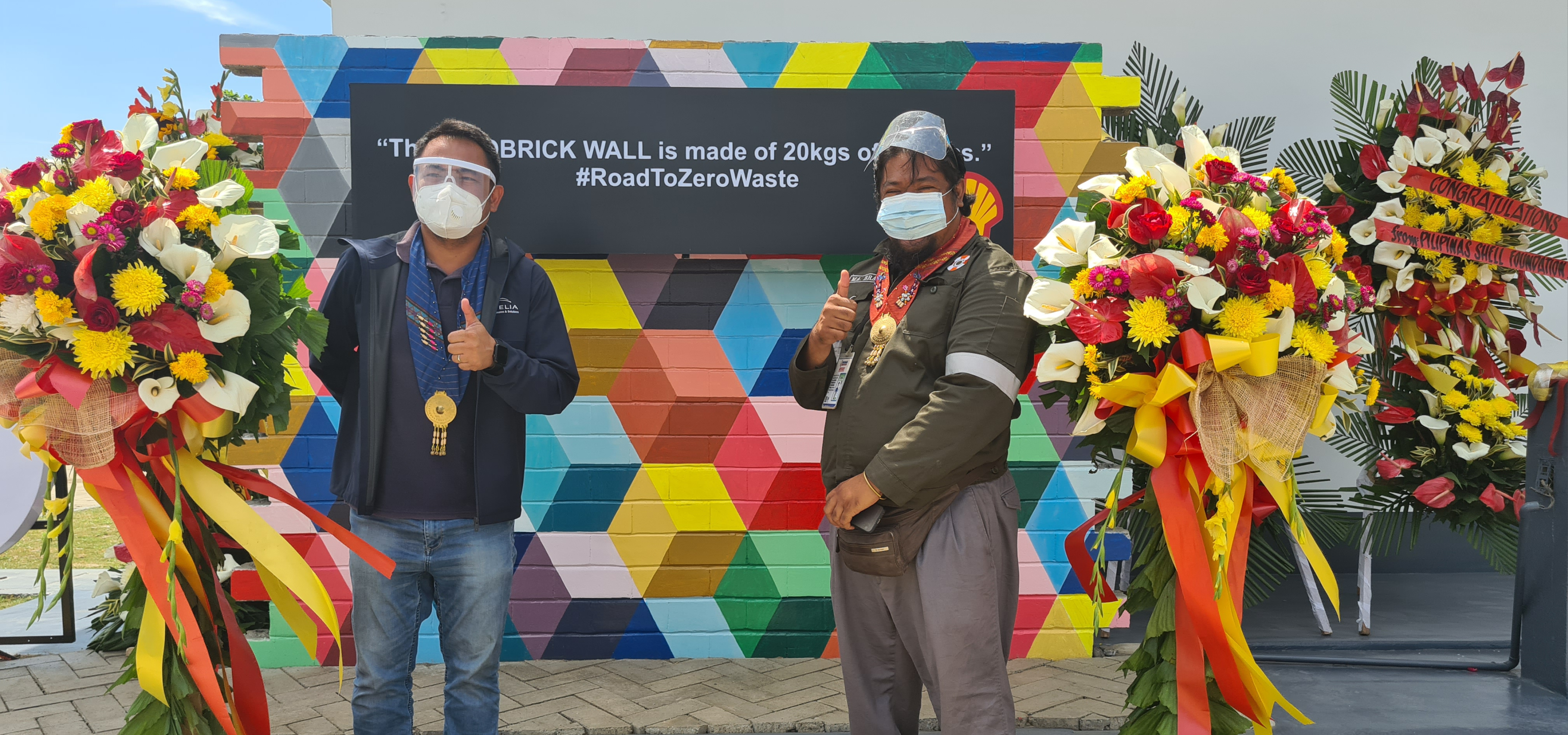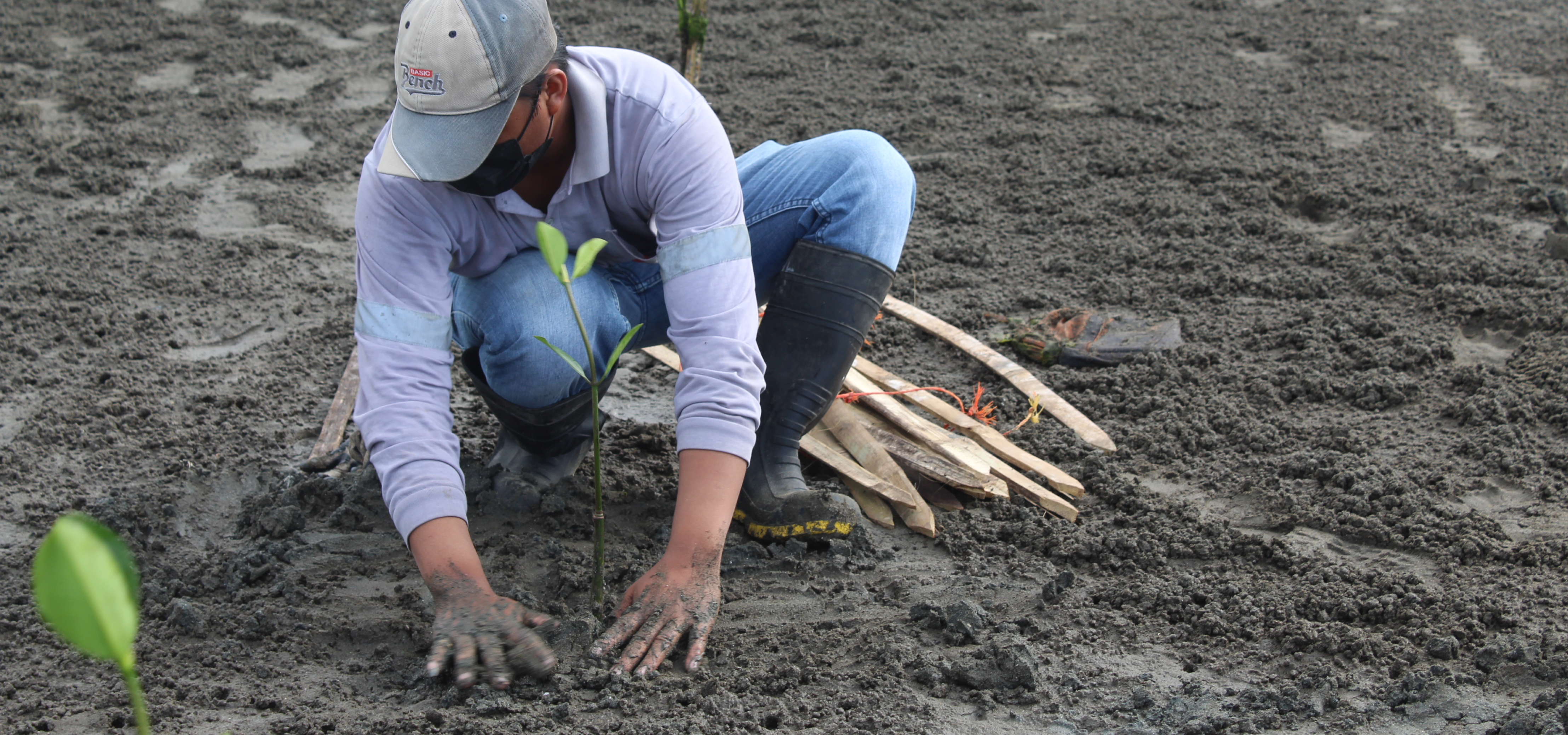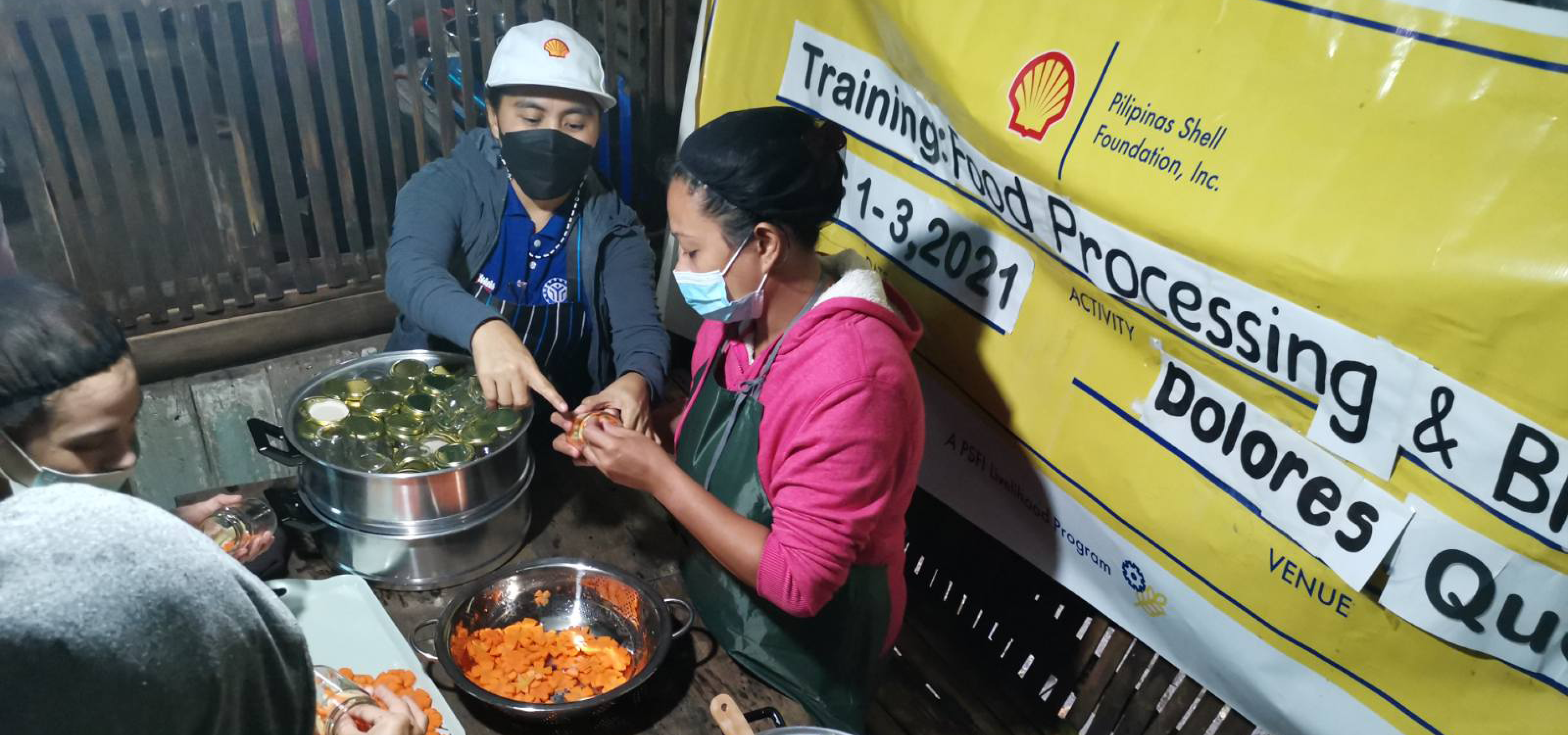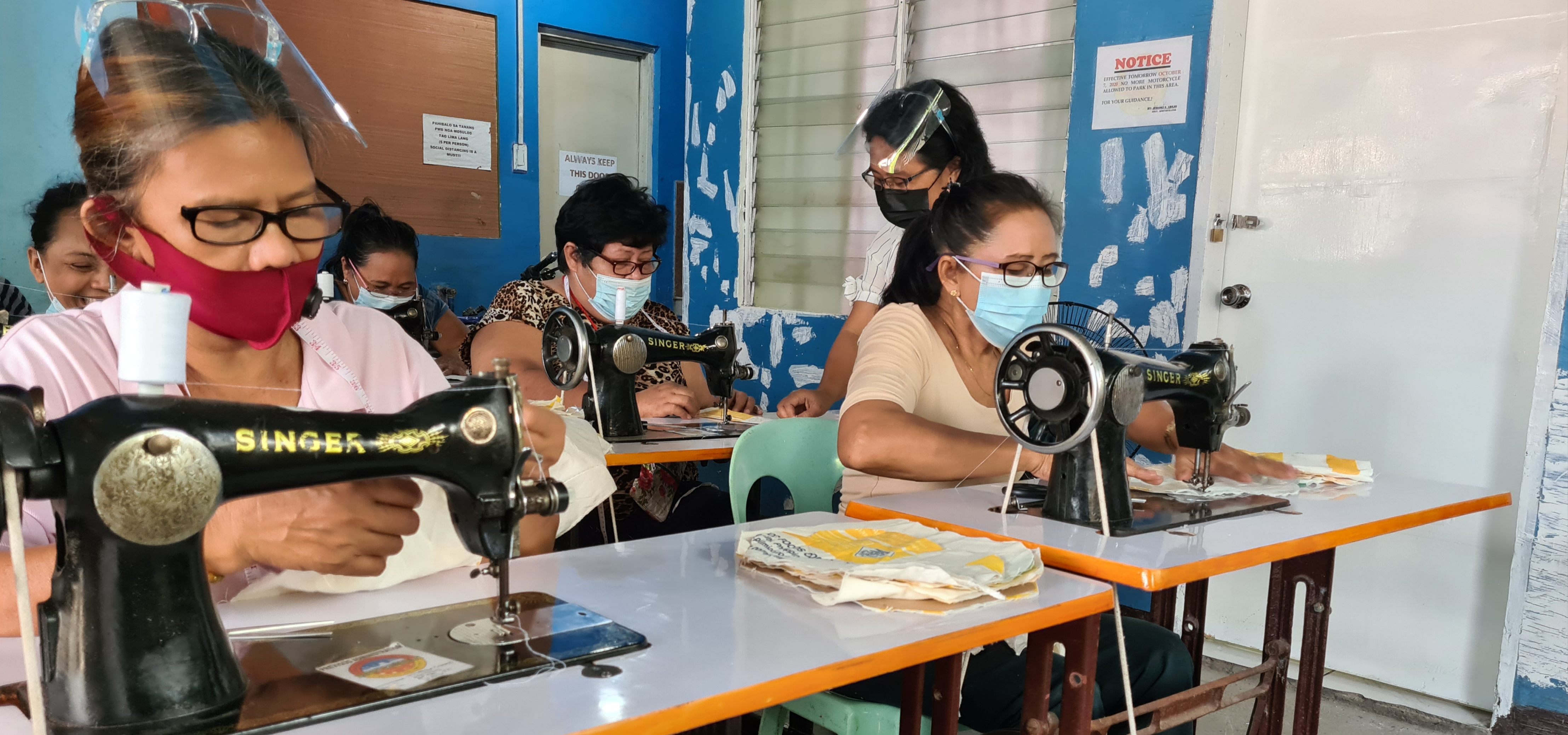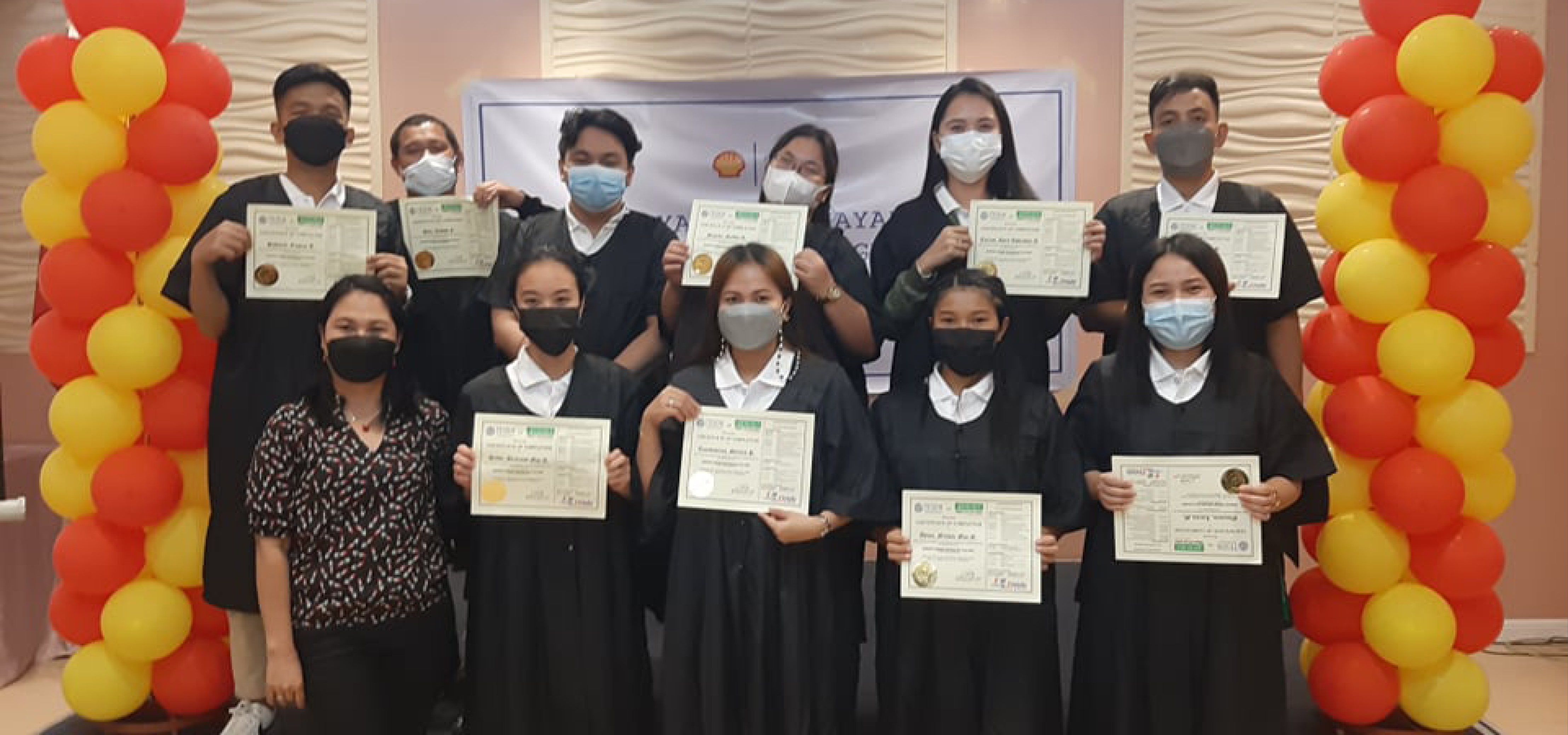Moving Forward, Adapting to Change
Annual Report 2021
We expect challenges and see empowering Filipinos as a long and winding journey. While prepared for crises, the COVID-19 pandemic that the country continues to struggle with has been an immense hurdle. Pilipinas Shell Foundation, Inc. (PSFI) continues to work with its partner communities, adapting to ever-shifting needs. As we move closer to the target year of the 2030 Agenda for Sustainable Development, we will continue to make strategic plans to contribute to the Philippines’ sustainable development. Ultimately, all our efforts lead towards helping move the #FilipinoForward.
Message from Our Leaders
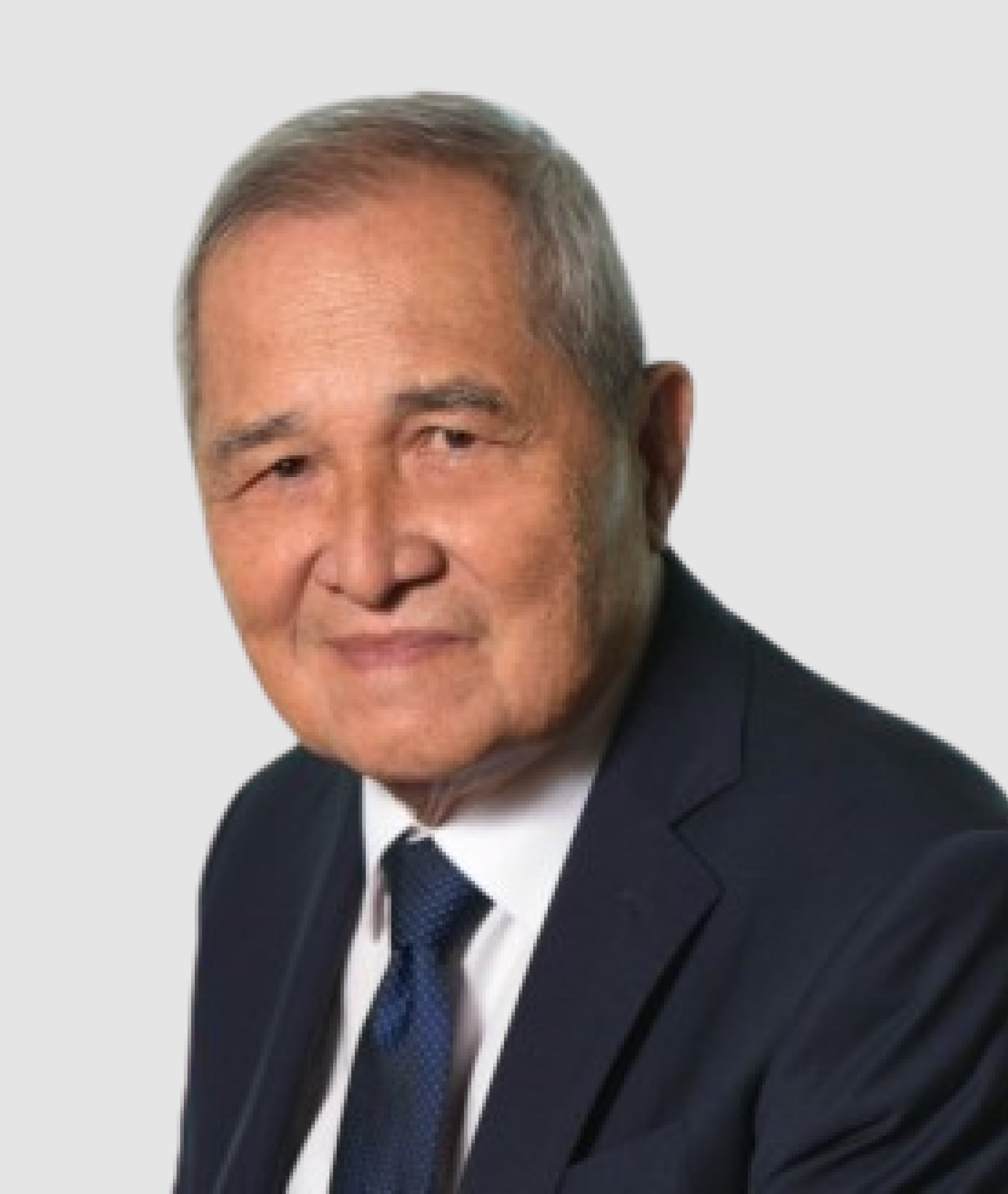
“It is my fervent hope that As we move forward, we continue to find ways to help uplift the lives of the most vulnerable member of society and ask, what more can we do to lead our fellow Filipinos to a better, brighter, and peaceful tomorrow.”
CESAR A. BUENAVENTURA
Chairman
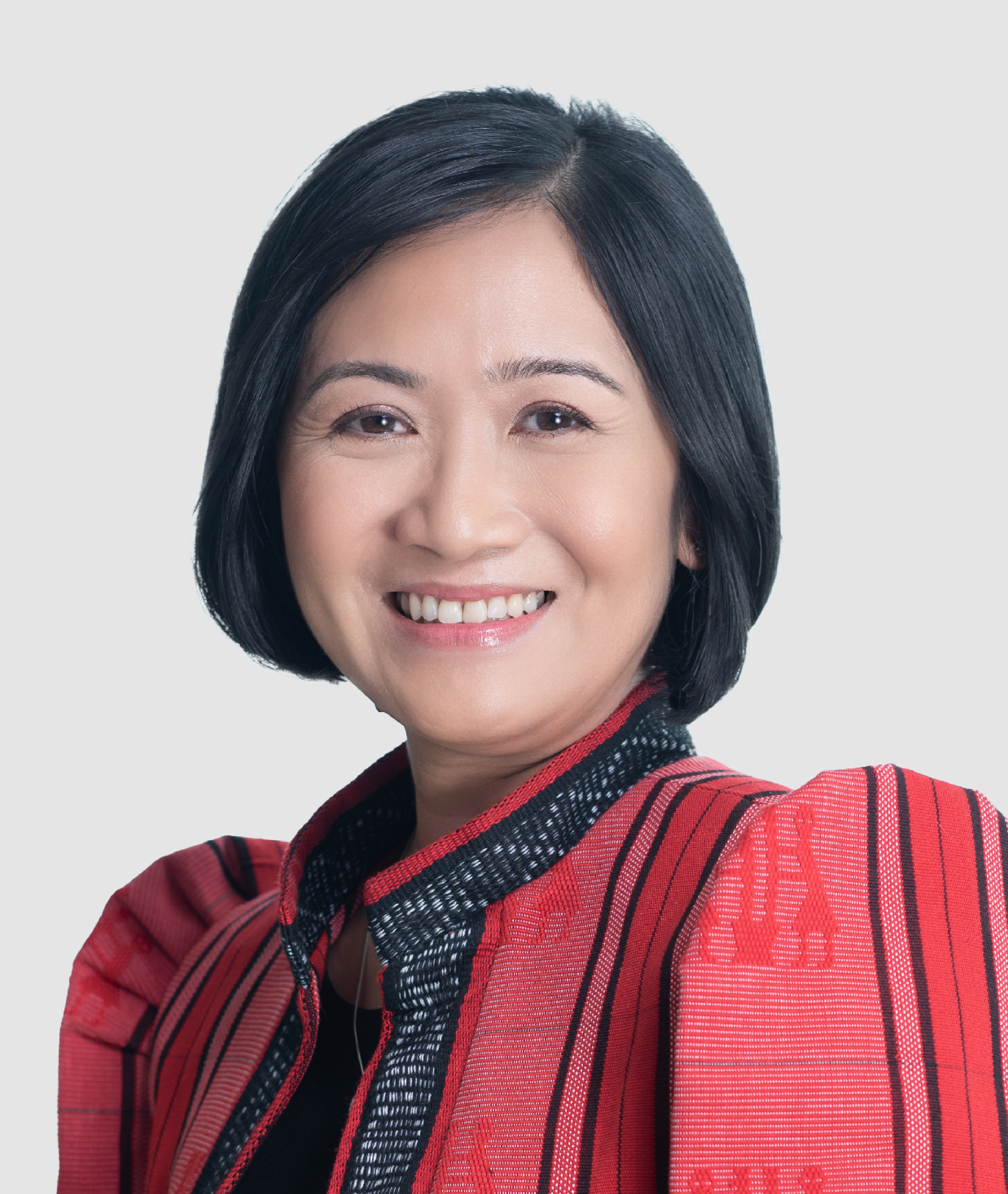
“We have touched the lives of millions, and with PSFI, we can continue to make an impact that matters on many more as together, we continue to keep moving the Filipino Forward.”
LORELIE Q. OSIAL
President
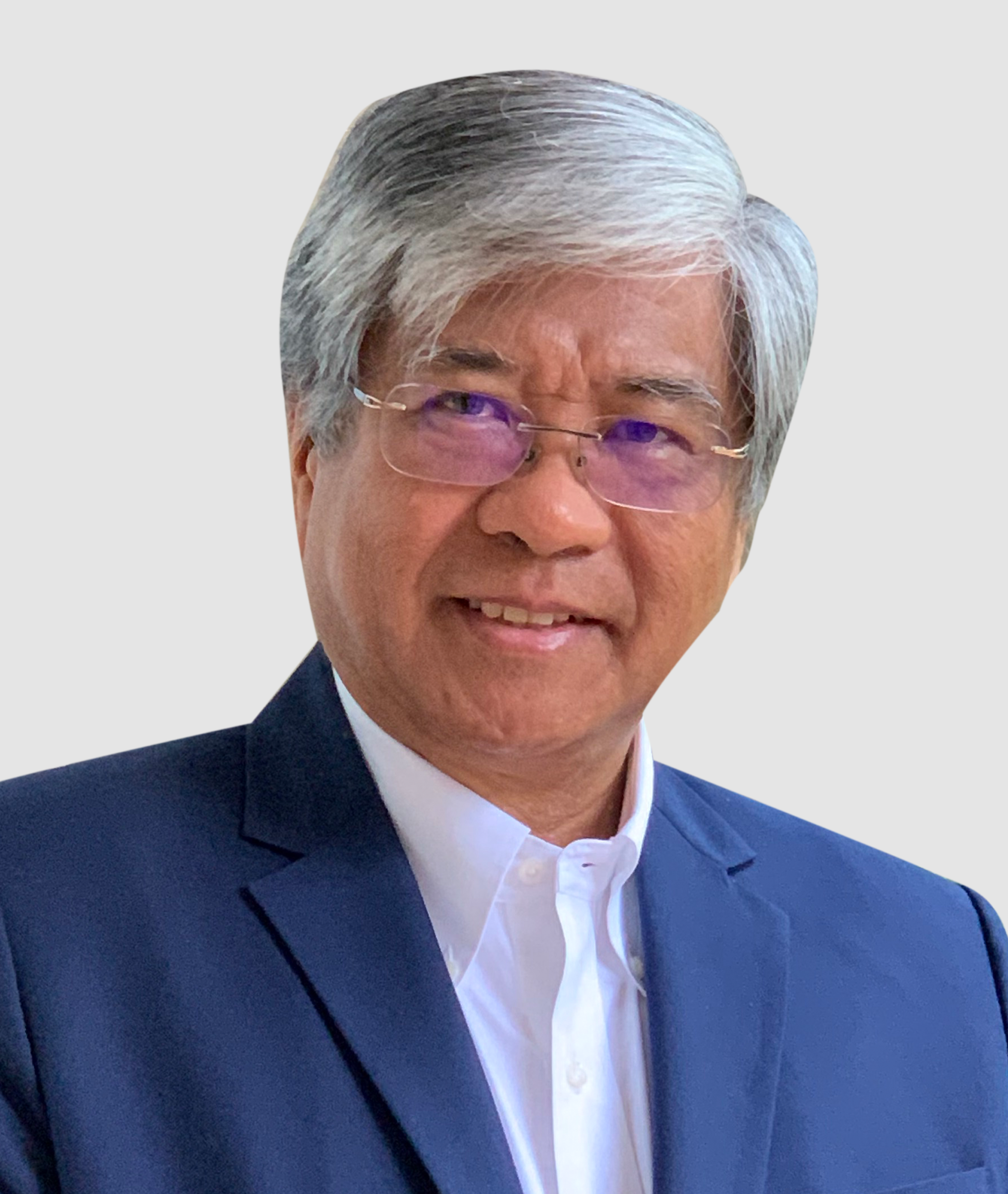
“We become more focused and used this time to reflect on our strategies and see how we will be able to further contribute to the UN Sustainable Development Goals (UN SDGs) more efficiently and effectively, thus the realization of PSFI’s 2021-2025 Strategy: Inputs to Impact Journey.”
SEBASTIAN C. QUINIONES, JR
Executive Director
PSFI's 2021-2025 Strategy:
Input to Impact
We are called to adapt to rapidly changing times. The ongoing pandemic has proven to be one of the most challenging crises the country has faced. It emphasized the need for better systems and strategies across all sectors and industries. For PSFI, this has been an opportunity for us to review and improve our delivery across our six thematic areas and target SDGs.
Since PSFI’s inception, the goal has always been for our host communities to become self-reliant. Our 2021-2025 Strategy is a more focused approach on contributing to the six thematic areas by operating in key locations where we can make the greatest impact. Our programs consist of those that: 1) meet current basic needs, 2) invest for future needs, and 3) secure needs now into the future. These are backed by supporting functions, so our programs realize their full potential.
Moving Forward, Adapting to Change
(2021 Highlights)
Pilipinas Shell Foundation, Inc. (PSFI) exists to serve its communities. From assisting with education and providing livelihood opportunities to conducting health and safety education and health care programs, empowering Filipinos is at the heart of what we do. Especially for this year, our successes were made possible with the help of our partner organizations, our improved internal systems, and our host communities, who have stayed resilient.
Our Program Spending (PHP Million)
In 2021, PSFI spent Php 539 million in cash grants and received Php 598 million worth of in-kind donations. This amounts to a total of Php 1,137 million spent on all our sustainability programs, which is around 31% more than in 2020.
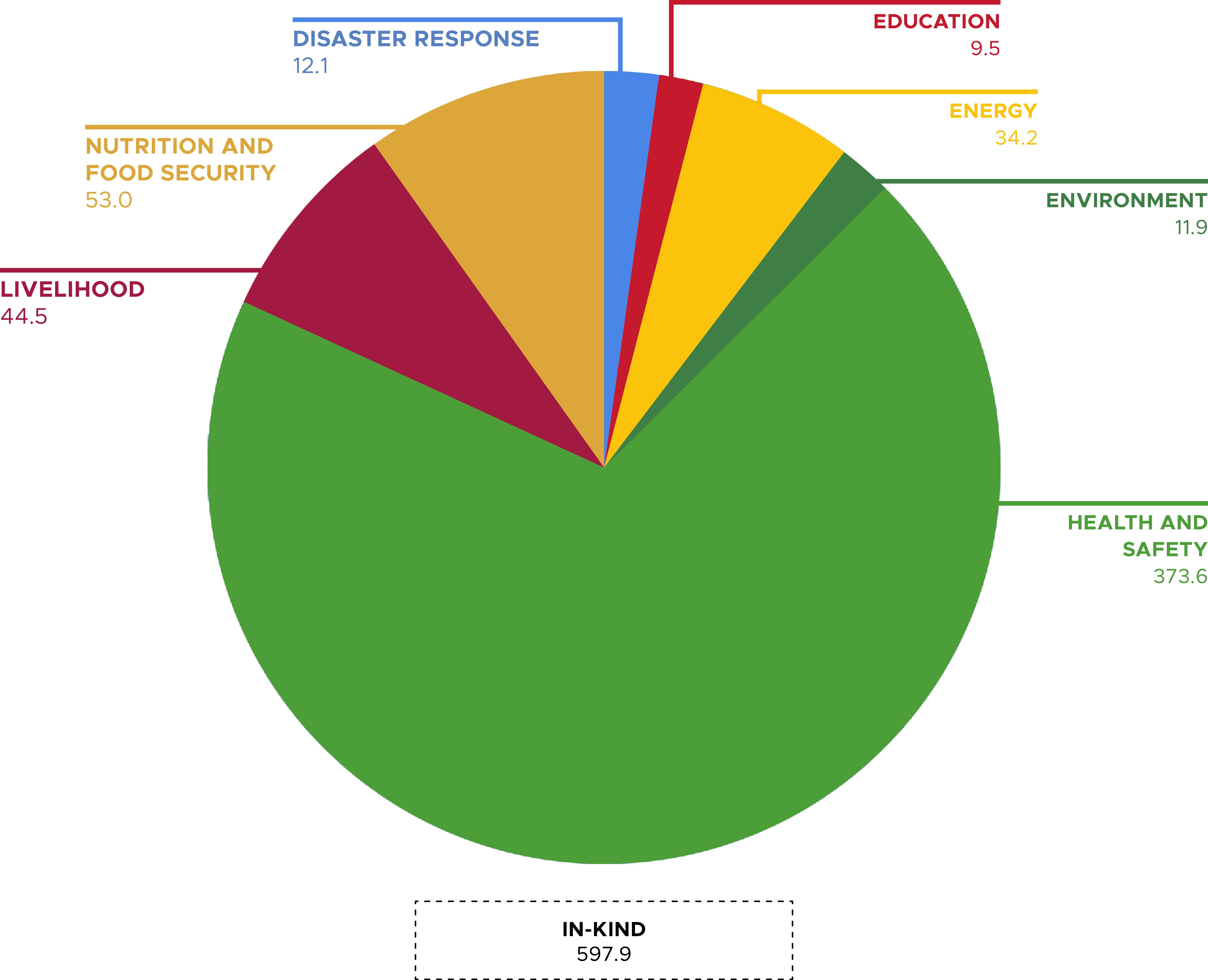
Awards and Recognitions Garnered in 2021
CSR Guild Awards/League of Corporate Foundations (LCF)
OUTSTANDING CSR PROJECT FOR ENVIRONMENT CATEGORY
Project SINAG (Save, Invest, Nurture Access to Green Energy and Technologies)
NOMINEE FOR OUTSTANDING CSR PROJECT HEALTH CATEGORY (TOP 3)
MAM (Movement Against Malaria)
NOMINEE FOR OUTSTANDING CSR COLLABORATION PROJECT (FINALIST)
RTS (Roots to Shoots – Food Security and Livelihood)
NOMINEE FOR OUTSTANDING CSR PROJECT IN ENTERPRISE DEVELOPMENT
Shell LiveWIRE – SIBBAP
Shell NXplorers Global Recognition Awards
Sherwin Yap
Bronze Award – Most Inspiring Mentor
Ronald Po
Bronze Award – Excellence in Facilitation
Team El Terratix Project PagSOILbok
Gold Award – Exceptional Projects by Student Teams
Team ACES Ateneo de Naga Highschool for Project Aureus Integrated Parasolar Generator
Merit Award – Outstanding Student Team
Team DANUM for Project Danum Bansud Science Highschool MIMAROPA
Merit Award – Outstanding Student Team

